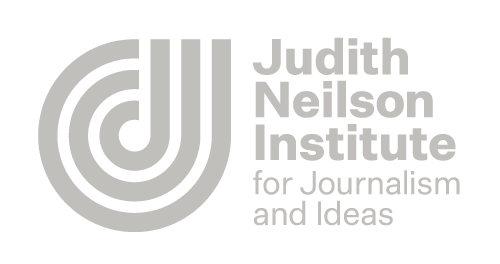Regions
Categories
- Publication Launch: Sustainability of the Asian Century
- Building Community Resilience Amidst Uncertainty
- COVID and Climate Change: The Need for a Green Recovery in Asia
- Governance for Sustainable Development in Asia
- Sustaining Asia’s Economic Growth
- Tech Innovations for a Food Secure Asia
- The Rise of Impact Investing and Sustainable Finance in Asia
Authors
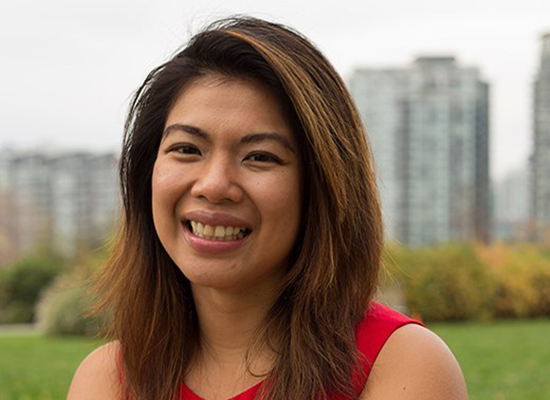
Aim Sinpeng
Dr Aim Sinpeng is an award-winning educator whose research interests centre on the relationships between digital media, political participation and political regimes in South-East Asia. She is particularly interested in the role of social media in shaping state-society relations and inducing political and social change.
She is the co-founder of the Sydney Cyber Security Network and a Thailand country coordinator for the Sydney Southeast Asia Centre. Aim received a Teaching Excellence Award in 2017 and was named an ‘Emerging Female Leader’ in 2018 by the University of Sydney. Aim has served as the Expert Contributor for Varieties of Democracy and Bartelsmann Transformation Index, which measure degrees and types of democracy, and continued to consult for a number of international agencies.
Her other scholarly works examine popular movements against democracy in democratizing states, particularly in Thailand. Prior to her academic career she has worked for the World Bank, a Toronto-based investment bank, governments of Thailand and the Czech Republic and the New York State Democrat Party. Aim is also a regular commentator on South-East Asian politics for the ABC, SBS, CBC, Channel News Asia, Al Jazeera, CNBC and Sky News.
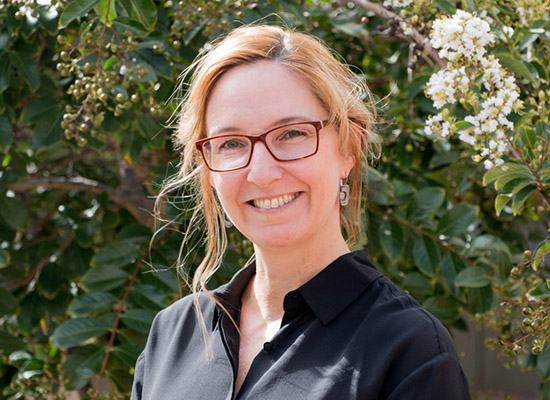
Alana Mann
Alana Mann is Chair and Associate Professor in the Department of Media and Communications, Faculty of Arts and Social Sciences (FASS) at the University of Sydney and a key researcher in the University’s Sydney Environment Institute. Her research focuses on the communicative dimensions of citizen engagement, participation, and collective action in food systems planning and governance. She is a Chief Investigator on the Australian Research Council (ARC) funded project FoodLab Sydney (2018-2020) with partners including the City of Sydney and FoodLab Detroit, and collaborated with Macquarie University and the University of Technology Sydney (UTS) on the project Growing Food and Density Together: Enabling Sustainable Place-making through Local Foodscapes in the Inner City, funded by Urban Growth NSW. Alana has been a visiting scholar at Harvard’s Food Law and Policy Clinic and the Department of Development Sociology at Cornell University. She is the author of Voice and Participation in Global Food Politics (2019) & Global Activism in Food Politics: Power Shift (2014). Her forthcoming book, Food in a Changing Climate, challenges us to think beyond our plates to make our food systems more equitable and resilient.
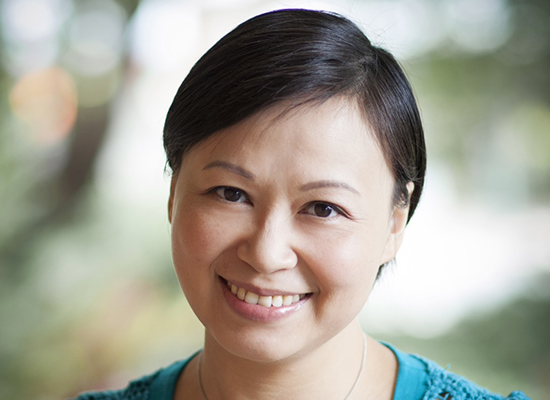
Alexandra Wong
Dr Alexandra Wong is an Engaged Research Fellow at the Institute for Culture and Society, Western Sydney University. Her research explores the interplay of innovation/creativity, culture and urban theories and covers a wide range of topics such as cultural economy, knowledge cities, migration, housing, multiculturalism and entrepreneurship. She has completed several research projects, including an ARC Linkage Project (2012-2015) on Sydney’s Chinatown and a cultural mapping project commissioned by the City of Sydney (2016). She is working on a book about small firms and an ARC Discovery Project (2017-2019) about the heritage corridor between Australia and China.
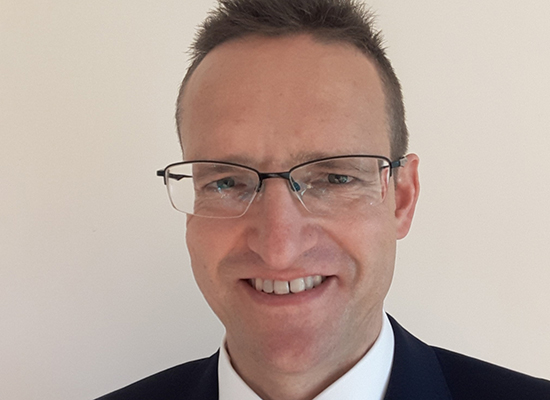
Alistair Ritchie
Alistair Ritchie is Director of Asia-Pacific Sustainability at the Asia Society Policy Institute (ASPI), where he leads and oversees activities on Asian carbon market development and ASPI’s overall sustainability portfolio. Alistair is an international expert in greenhouse gas emissions trading systems (ETSs), and a known leader in their development – including as leader of the European Commission project to support the Korean government’s implementation and upgrade of their emissions trading system (the first national ETS in East Asia). He was also the technical lead for the European Commission project to support the development of China’s national ETS. In Europe, Alistair played a key role in improving the EU ETS through managing and directing several projects to support Phase 3 and 4 policy design and implementation. He has over 25 years of experience in various areas of climate change, energy and air pollution control strategy and policy. Aside from his projects in Europe, China, and Korea, he has worked in Taiwan, Russia, Saudi Arabia, and the U.S. Alistair holds a bachelor’s degree in chemical engineering as well as an MBA.
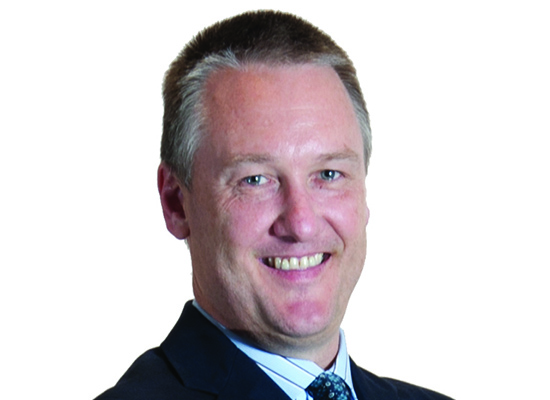
Andrew Parker
Andrew is a Partner at PwC where he leads the Australian firm’s Asia Practice. Andrew joined Price Waterhouse in 1985, became a partner in 1999 and spent 12 years in PwC’s London, Moscow and Jakarta offices. Andrew has had a long association with Asia having lived and worked in Indonesia and was the leader of PwC’s Asian telecoms industry team until 2012, a role he held for nearly 10 years.
He is a director of China Matters and the Australia Indonesia Centre at Monash University, an executive committee member of the Australia Japan Business Cooperation Committee and a member of the Advisory Board of Asia Society Australia. Andrew was the lead author of PwC’s landmark report on Australia’s lack of business investment in Asia titled Passing us by and is a regular commentator in the media and presenter at forums on Asian trade and investment in Australia and Australian trade and investment in Asia. He is a fellow of the Institute of Chartered Accountants and has a Bachelor of Economics from Macquarie University in Sydney.
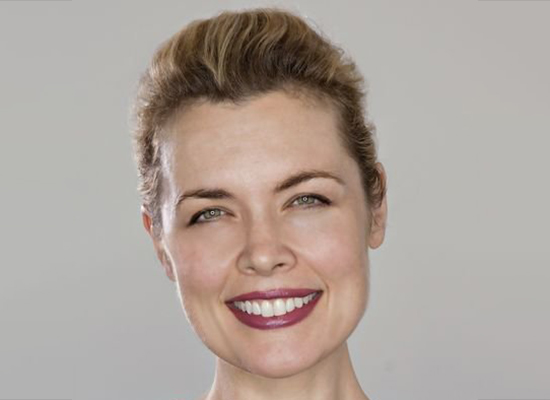
Anna Green
Anna Green is Head of ISV, Asia Pacific and Japan at Amazon Web Services. Previously she served as Chief Executive Officer for ANZ Banking Group in the Philippines. Prior to joining ANZ Philippines, Anna was based in Laos as the Chief Executive Officer where she regularly worked with multinational clients across ASEAN to structure and facilitate innovative cross-border financing solutions to meet their business needs. Her background and experience in banking, finance and law has enabled her to partner with international development multilaterals including the United Nations and World Bank on financing and corporate social responsibility initiatives across ASEAN region.
Anna formerly headed the Australian Chamber of Commerce in Laos as its president and was a founding member of the Australian ASEAN Chamber of Commerce. Prior to ANZ Bank, Anna practiced international banking and finance law in leading international law firms in both the UK and Australia. Anna is a passionate advocate of diversity in the workplace and corporate social responsibility.
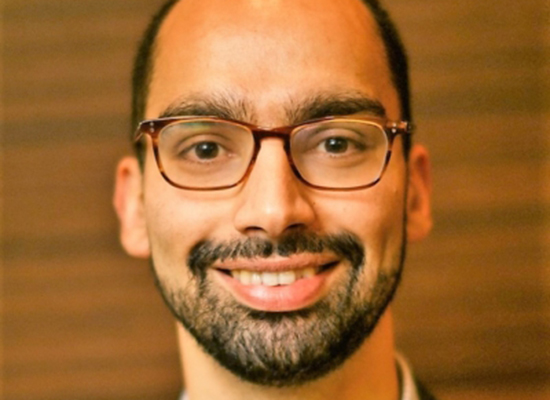
Arjuna Dibley
Arjuna is currently a Fellow at Stanford University’s Steyer Taylor Center for Energy Policy and Finance. His work is at the intersection of law, economics and public policy, and focuses on climate, energy and innovation. He is a Special Advisor at Oxford University’s Smith School for Enterprise and Environment and a Fellow at the Centre for Policy Development (Australia). He spent several years as an attorney at Baker & McKenzie. He also sits on not-for-profit boards.
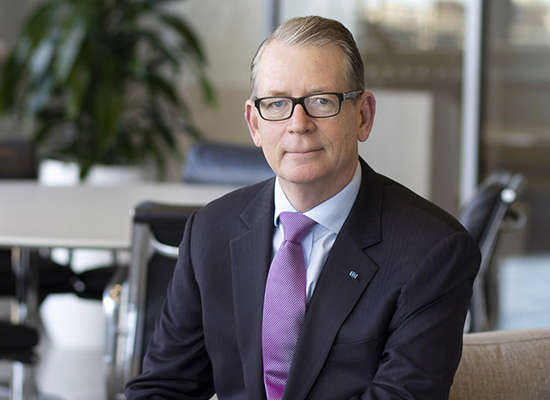
Bates Gill
Dr Bates Gill is Professor of Asia-Pacific Security Studies at Macquarie University and an Associate Fellow with the Royal Institute of International Affairs (Chatham House, London). He is the inaugural Asia Society Australia Scholar-in-Residence and was co-editor of the Asia Society Disruptive Asia series for 2019. He has a 30-year career as a scholar, policy advisor and author, focusing on Asia-Pacific politics, foreign policy and security, with a particular focus on China and US-China relations. He has held leadership, research and academic positions with some of the world’s leading institutions and universities, including the Brookings Institution, the Center for Strategic and International Studies, the Stockholm International Peace Research Institute, Johns Hopkins University, the University of Sydney, and the Australian National University. He has published eight books and over 150 other publications, including most recently China Matters: Getting it Right for Australia (with Linda Jakobson). His current research projects include a focus on the modernisation of Chinese strategic forces (nuclear, cyber, space) and how US allies are balancing relations between a rising China and an uncertain America.
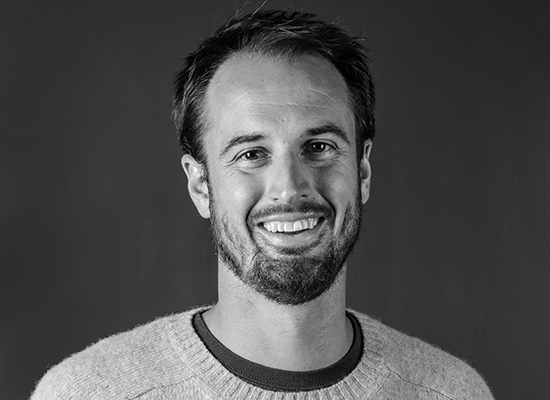
Bede Moore
Bede Moore is Managing Partner of early-stage venture capital group Antler. Previously he served as the chief executive of Tech Sydney. Before this role, he built and then sold Lazada Indonesia to Alibaba. Today, Lazada Group is one of South-East Asia’s biggest e-commerce platforms. Bede also led the Australasian deployment for Student.com, one of WIRED’s 100 Hottest European Start-ups in 2016 and the world’s leading marketplace for student housing. He has been involved in social entrepreneurialism and volunteer work through the promotion of the Australia-Indonesia bilateral relationship. In 2011, he founded CAUSINDY – the Conference of Australian and Indonesian Youth – and is chair of the bilateral youth conference.
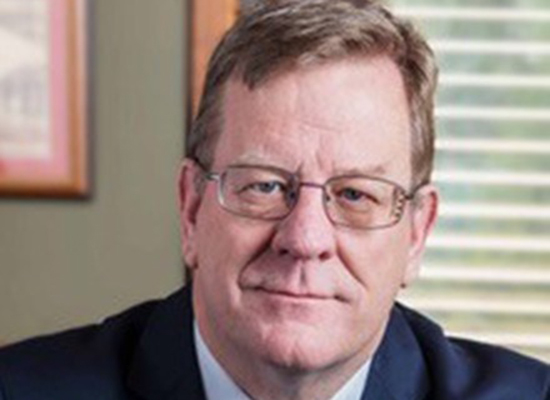
Brendan Sergeant
Brendan Sargeant is Professor of Practice in Defence and Strategic Studies and Head of the Strategic and Defence Studies Centre at the Coral Bell School of Asia Pacific Affairs at the Australian National University. From September 2013 to October 2017, he was the Associate Secretary of Defence. Prior to that appointment he was the Deputy Secretary, Strategy. He was principle author of the 2013 Defence White Paper. As Associate Secretary, he was responsible for oversight of the implementation of the First Principles Review, a major reform of Defence organisation and enterprise governance, planning, performance and risk management.
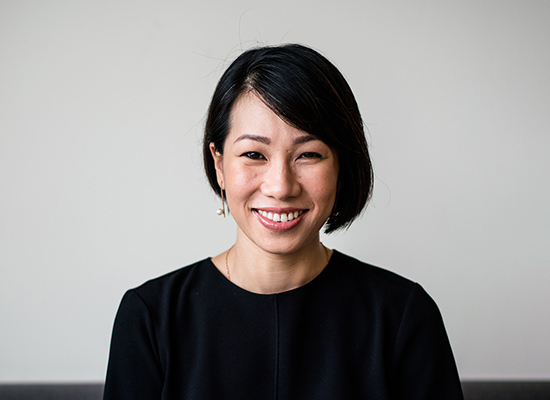
Cat Thao Nguyen
Cat Thao Nguyen is Managing Director and Lumina Learning Vietnam Partner of Global Ready LLC, an education strategy and cultural intelligence consultancy. During her time as a corporate lawyer, Cat Thao established and managed Ernst & Young Law Vietnam LLC. She was Chief Strategy Officer for Vietnam/Cambodia for a multi-billion dollar private investment fund with a focus on education. As Regional Director for UTS Insearch covering Vietnam, Myanmar and Cambodia, Cat Thao established strategic partnerships to drive growth in international education ventures. She is Board Chair and co-founder of the Australia Vietnam Young Leadership Dialogue as well as Advisory Board Chair of Loreto Vietnam, an Australian education charity.
Cat Thao was a director of the Australian Chamber of Commerce in Vietnam, national advisory board member to the Special Broadcasting Service (SBS) in Australia, management board member of the NSW Ethnic Communities Council and member of Australia’s national NGO delegation to the United Nations Committee on the Rights of the Child in Geneva. She is a graduate of the Australian Institute of Company Directors and holds a Bachelor of Laws & Bachelor of Commerce from Sydney University. Cat Thao’s memoir We Are Here, published by Allen & Unwin, was shortlisted for the 2016 NSW Premier’s Literary Awards.
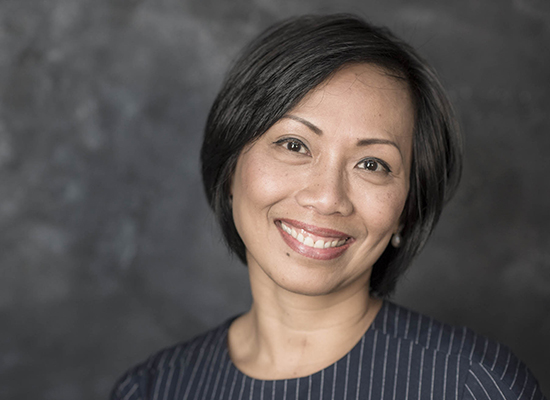
Dai Le
Named one of AFR-Westpac’s Top 100 Influential Women in Australia in 2014, Dai has over two decades of storytelling skills and change making experience. Dai’s mission is to help build an inclusive society where mainstream institutions and organisations truly reflect the diverse society we live in. As a former award-winning journalist, film-maker and broadcaster with the Australian Broadcasting Corporation, Dai has a unique understanding of the challenges that people of culturally diverse backgrounds face in progressing their leadership positions in public and private organisations. She has been a passionate advocate for the community and has been actively championing for the visibility of Asian Australian and culturally diverse leadership. Dai is currently a board member of Multicultural NSW and has served as an advisory board member of the Australian Vietnamese Young Leaders Dialogue.
She was formerly Community Commissioner of Multicultural NSW; a former board member for STARTTS (NSW Service for the Treatment and Rehabilitation of Torture and Trauma Survivors), and a former board member for Global Sisters, a not-for-profit start-up that focuses on building economic independence among migrant and refugee women. Dai was an election candidate in the NSW State seat of Cabramatta in 2008 where she achieved historic results, shocking the media and political pundits. In September 2012, Dai was elected as Councillor to Fairfield City Council. Dai was born in Saigon, Vietnam and spent years in refugee camps in South East Asia before being accepted for resettlement in Australia, arriving with her mother and two younger sisters in December 1979. She is also a breast cancer survivor.
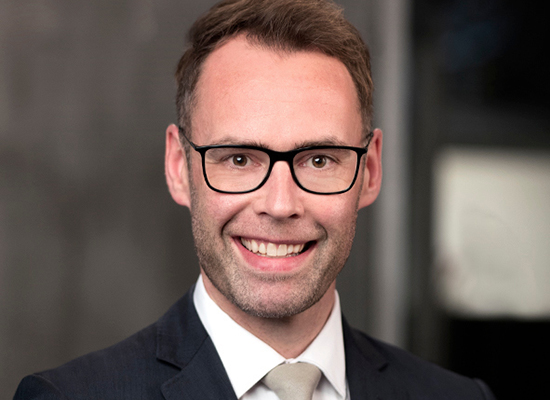
Thomas Soem
Thomas Soem commenced the role of Executive Director (Sydney) at Asia Society Australia in April 2019. He is an international partnerships and business development specialist with over a decade of experience building successful collaborations between Australia and Asia.
Thomas has a background in strategic planning, business development, project design and management, and implementation of cross-sector initiatives and programs with national and global partners in the Asia-Pacific region.
Prior to the Asia Society, he was the Head of International Research and Development at the University of Sydney. In this role, he drove international research and capacity-building projects between the University and its partners in Asia, built relationships with external funders, and gave strategic advice on international growth and collaboration opportunities. He identified, designed, bid for and often managed more than 100 projects for the University across the Asia-Pacific region funded by national and international agencies, including the Australian Government, the United Nations System, the European Commission, the Asian Development Bank and the World Bank. He led University’s submissions to several government consultations and parliamentary senate inquiries including the Asian Century White Paper, and had representative roles with Department of Foreign Affairs and Trade, the Australian Centre for International Agricultural Research and the Australia-Indonesia Centre.
Thomas is a graduate from the University of Oslo, Norway and the University of Sydney where he studied political science, international diplomacy, regional integration and languages.
Keiko Nowacka

Sasibai Kimis
Sasi Kimis founded Earth Heir in 2013 as a social business focusing on luxury craftsmanship and showcasing the skills and traditions of craftspeople. She has a background in investment banking, private equity, non-profit/development agencies, consulting, sustainable development, corporate responsibility, and micro-finance, whilst having lived in eight countries over four continents. She is an alumnus of the Wharton School, University of Pennsylvania and Cambridge University.
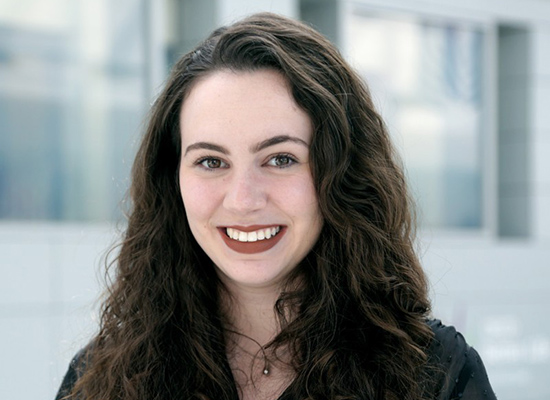
Lena Duchene
Lena Duchene is program manager at Asia Society Australia. As program manager, she drives Executive Briefings, the organisation’s curated events presented by diplomats and business leaders from the region, and supports the work of the Asia Society Policy Institute in Australia. Since 2021, Lena also leads the annual Asia Briefing LIVE Forum and this year’s edition of Disruptive Asia, focused on women and girls.
She was previously a Program and Speaker Junior Officer at the OECD, where she contributed to the construction of the OECD Forum. Prior to that, Lena worked in L’Oréal’s international development team.
While she remains French at heart, Lena has spent most of her life abroad, living in Germany, Italy, the United States of America, and South Korea. This multicultural upbringing cultivated her interest in cross-cultural relations from a young age.
She obtained a Master of Economics and Business (Cum Laude) from Sciences Po Paris in 2019. She also holds a Bachelor of Arts from Sciences Po Paris, majoring in Political Science and Asian Studies, and spent a year studying at Korea University in South Korea.
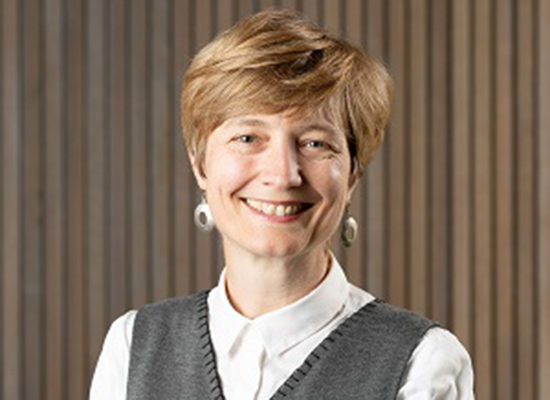
Elizabeth Hill
Elizabeth is a leading researcher on the future of women, work and care in Australia and the Asian region. She has collaborated on research into gender equality, work and care with leading national and international institutions, including the International Labour Organisation and UN Women. She has published on work and care regimes in Australia and the Asia Pacific, gender and the future of work, migration and care work in Australia, informal work and employment policy in India, and women’s unions and collective action in the Indian informal economy.
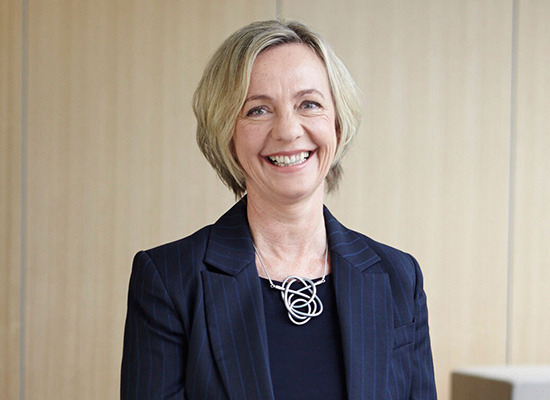
Marian Baird AO
Marian Baird is one of Australia’s leading researchers in the fields of women, work and family. She was awarded an AO in 2016 for outstanding services to improving the quality of women’s working lives, particularly for her contribution to the introduction of Australia’s first paid parental leave scheme in 2010. She takes a life course approach to investigate women’s changing work and reproductive lives and their interaction with government and employer policies. She is currently chief investigator on the Centre of Excellence on Population Ageing Research.
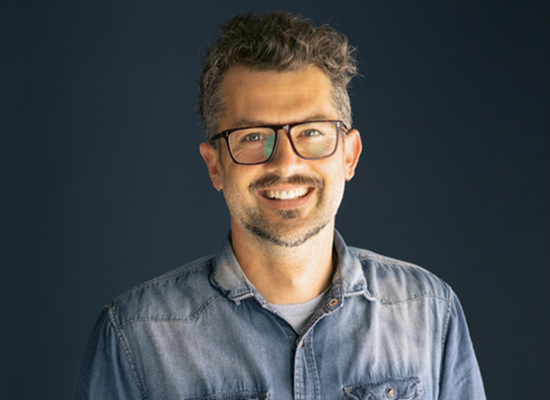
Simon Baldwin
Simon is the Director of SecondMuse Singapore. In Singapore, SecondMuse focuses on managing The Incubation Network (TIN), catalyzing action and investment aiming to prevent the flow of plastic waste into the world’s oceans. The program is focused on supporting ventures with our growing network and programs to prevent plastic waste flowing to the ocean in five target countries: Indonesia, India, Thailand, Vietnam, and the Philippines. Prior to leading SecondMuse Singapore, Simon was the director of SecondMuse Indonesia, supporting a range of stakeholders to develop the country’s rapidly evolving innovation ecosystem. Simon is particularly passionate about the role that businesses can contribute to creating positive change, especially in emerging markets.

Mark Beaufoy
Mark Beaufoy is a Partner at King & Wood Mallesons specialising in environmental and planning law. He acts for Commonwealth, State and local government, statutory authorities, corporations and developers. Since 2011 he has consistently been recognised as a leading lawyer in environmental law and government law by Chambers Global and Chambers Asia Pacific and Best Lawyers in Australia. He also advises clients on environmental legal compliance and risk management and environmental management systems (including the ISO 14000 standard series), including environmental, energy and greenhouse corporate reporting. Mark has published widely in his area of experience and expertise. He is actively involved in the Australasian Land and Groundwater Association (ALGA) and provides legal training to members of the Australian Contaminated Land Consultants Association (ACLCA (Vic)) particularly in relation to environmental report writing and professional liability. Mark was recently engaged to advise the Victorian government on reforms to contaminated land policy and legislation in that jurisdiction.
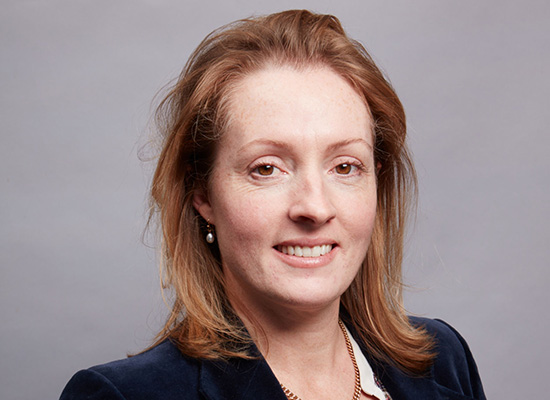
Rebecca Mikula-Wright
Rebecca Mikula-Wright is Executive Director at the Asia Investor Group on Climate Change.
Rebecca manages the AIGCC secretariat and the group’s ongoing stream of work including policy advocacy and investor practice in the Asia region. She is a member of the global Steering Committee for the Climate Action 100+ and oversees the implementation of the initiative in Asia.
Rebecca has led various projects for the Australia /New Zealand Investor Group on Climate Change including Trustee Training on Climate Change series, IGCC Summit, Low Carbon Investment Registry and sector reports on risks and opportunities of climate change.
Rebecca was previously the General Manager of ASrIA (Asian SRI Association) after coming from the investment banking sector working in equity research, credit analysis, commodities and derivatives for groups such as Nomura Securities, BlackRock and JPMorgan. Rebecca is also a board member of The Orangutan Project that works on direct orangutan and habitat conservation in Indonesia.
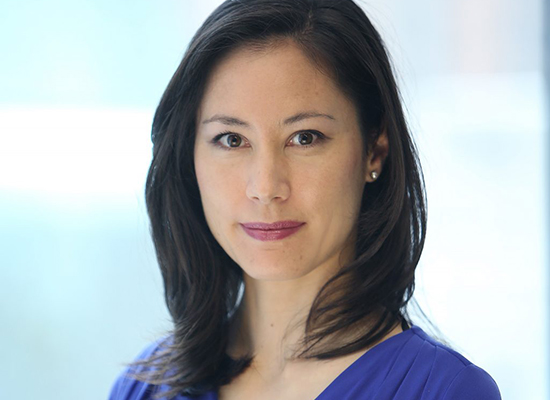
Emily Chew
Emily Chew is Global Head of Sustainability at Morgan Stanley Investment Management and chairs the firm’s Sustainable Investing Council. Before joining Morgan Stanley in 2020, Emily was Global Head of ESG Research and Integration for Manulife Investment Management in Hong Kong and Boston, where she built an ESG investing program for public markets investments encompassing research, investee stewardship, thought leadership and thematic product development. Previously, Emily was Head of Asia-Pacific ESG Research for MSCI Inc. in Beijing and Hong Kong, leading a team of ESG research analysts covering the Asia-Pacific constituents of the MSCI All Country World Index. Emily commenced her career as a capital markets lawyer with Baker & McKenzie in Melbourne, Australia, with a focus on funds management, capital raisings, and REITs. Emily is a member of the Principles for Responsible Investment’s Listed Equities Integration Subcommittee, and formerly served as rotating chair of the Steering Committee of the Climate Action 100+ investor engagement initiative, and as chair of the Asian Investor Group on Climate Change. She holds an MBA from the University of Oxford, and Bachelors of Laws and Arts (honors) from the University of Melbourne.
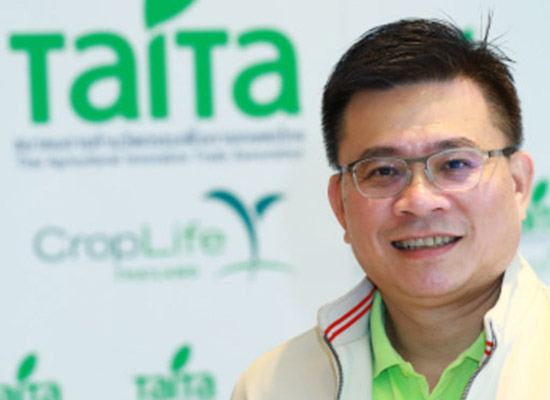
Siang Hee Tan
Dr. Siang Hee Tan is Executive Director of CropLife Asia, the Asian operation of an international trade association with a presence in 91 countries. At CropLife Asia, he is responsible for directing regulatory, crop protection, seeds, intellectual property, biotechnology as well as communications and outreach programs in 15 Asian countries. Dr. Tan holds a BSc in Plant Pathology from the Universiti Pertanian Malaysia, an MSc in Genetic Engineering from Universiti Putra Malaysia and a PhD in Molecular Biology (Plant Virus) from Okayama University in Japan.
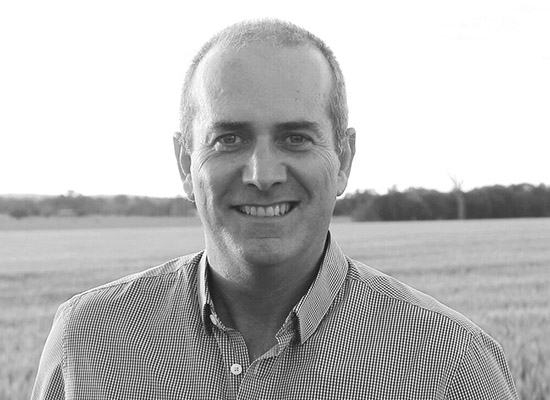
Rob Hulme
Rob Hulme is Director Asia at Beanstalk Agtech. Rob is a global agribusiness executive who still likes to get his hands dirty. His family still operate a 5th generation cropping and sheep operation in Australia, and this drives Rob’s passion for our food system. He has qualifications in Ag Science and Business, and is a graduate of the Australian Institute of Company Directors. Rob has over 28 years’ global experience in research, operations, strategy and M&A. His most recent roles with Bayer in Asia included Country Head Vietnam and Greater China, and Head of APAC Business Development and ASEAN Innovation for the Bayer group. As Asia Director with Beanstalk based in Singapore, Rob works actively with innovators, agribusiness corporates, investors and government agencies across Asia Pacific. He is involved with several AgriFoodTech Accelerators, and NGO Advisory Board and Mentor Roles with Startups in Australia, Singapore and China and is a sought-after speaker.
Riana Puspasari
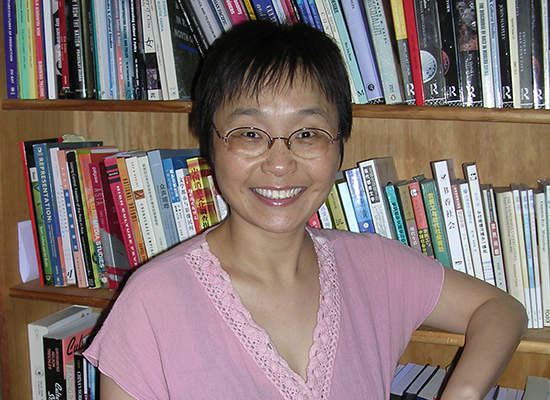
Wanning Sun
Wanning Sun is Professor of Media and Communication Studies, Faculty of Arts and Social Sciences, University of Technology Sydney (UTS). She is also a Fellow of Australian Academy of the Humanities (FAHA). She is best known for her research on Chinese media and culture, diasporic Chinese media, and rural-to-urban migration in China. Her monographs include Leaving China: Media, Migration, and Transnational Imagination (2002) and Subaltern China: Rural Migrants, Media and Culturalm Practices (2014). She also edited two volumes on media and the Chinese diaspora: Media and them Chinese Diaspora: Communication, Community and Commerce (2006), and Media and Communication in the Chinese Diaspora: Rethinking Transnationlism (2016, with J. Sinclair). She recently published a commissioned report Chinese-Language Media in Australia: Developments, Challenges and Opportunities (ACRI 2016).
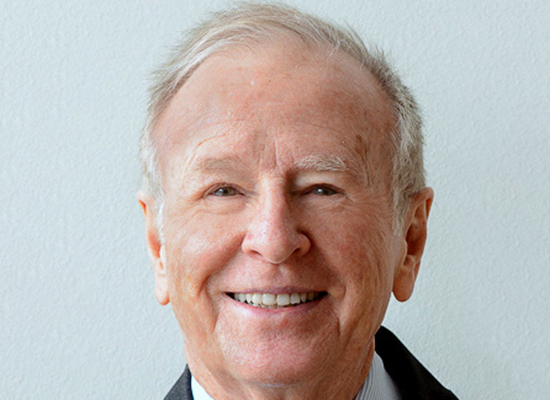
Professor Bruce McKern
Professor Bruce McKern is an educator and corporate advisor on innovation and strategy and an Adjunct Professor in the UTS Business School, University of Technology Sydney. He is also an aspiring angel investor. He has served as a Visiting Research Fellow at the University of Oxford; INSEAD; and The Hoover Institution, Stanford University. He was formerly Professor of International Business and Co-Director of the Centre on China Innovation, China Europe International Business School, Shanghai; Director of the Sloan Master’s Program, Stanford Graduate School of Business; and President of the Carnegie Bosch Institute at Carnegie Mellon University.
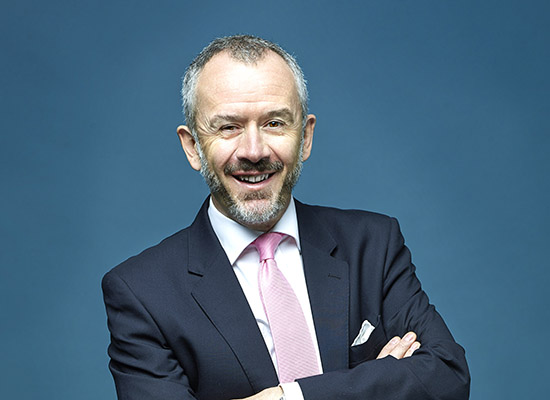
David Epstein
David Epstein is an experienced corporate affairs executive with a background in regulatory and public affairs, internationally and in Australia. His career spans public and private sectors, including as a senior ministerial adviser serving under three prime ministers, culminating as chief of staff to the prime minister, as well as executive roles at BHP Billiton, Qantas and Optus. He is a director of Opera Australia, TIO Limited, the European Australian Business Council, The Asia Society Australia and the Committee for Sydney. Educated at The ANU and Wharton (UPenn), he is keen photographer and occasional writer in his spare time. He also sits on the Advisory Board of the HeadOn Photo Festival Foundation and has been a semi-finalist for Moran Contemporary Photographic Prize.
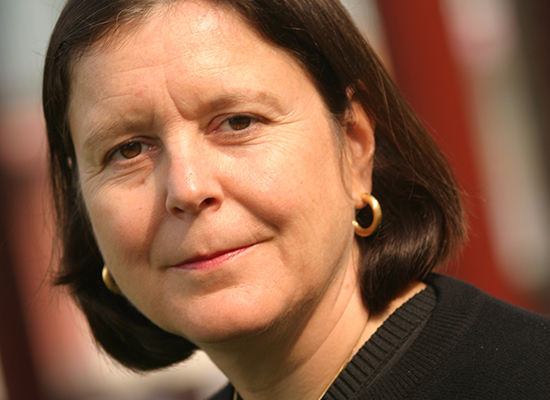
Linda Jakobson
Linda Jakobson is the founding director, Deputy Chair and CEO of China Matters, an Australian public policy initiative that aims to inject nuance into discussions of China and advance sound China policy. She has been a student of Chinese politics and China’s foreign and security policy for the past three decades.
She is internationally known for her publications about China’s foreign policy. She is the co author, with Dr Bates Gill, of a China Matters: Getting it right for Australia (Black Inc. March 2017). Her China-related career includes posts as a teacher (at the Shandong Institute of Economics in China), a lecturer (at Hong Kong City University), a foreign correspondent (in Beijing), a visiting professor (at Sydney University), and senior researcher and program director at the Finnish Institute of International Affairs, Stockholm International Peace Research Institute (SIPRI), and the Lowy Institute for International Policy.
She has served as a policy advisor on China-related issues to the president, prime minister, or foreign minister in seven countries. Before moving to Sydney in 2011 Jakobson lived and worked in China for 22 years. She is the author, co-author or co-editor of six books about Chinese and East Asian politics and society as well as the author of over 100 other publications about Chinese politics and society, China’s foreign and security policy, the Taiwan Straits, China’s science and technology, and China’s Arctic aspirations. Two of her books and one report have received awards. She established China Matters Ltd in 2015. A Mandarin speaker, Jakobson was a Fellow at the Kennedy School at Harvard University in 1990.
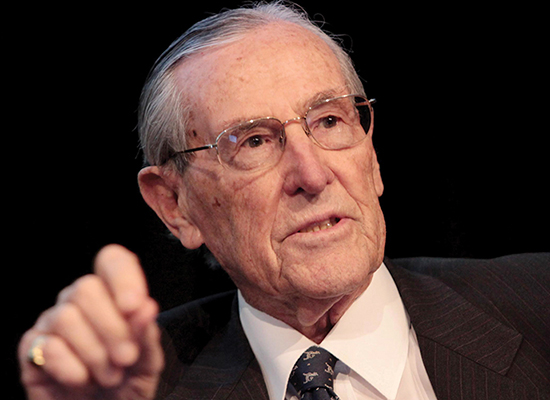
Dick Woolcott
Richard Woolcott has held positions as Australia’s ambassador to Indonesia and The Philippines, as well as High Commissioner to Malaysia, Ghana and Singapore. He was the Australian Ambassador to the United Nations from 1982 to 1988, and served as the President of the United Nations Security Council for Australia’s term in 1985-86. He also served as Secretary of the Department of Foreign Affairs and Trade (DFAT) from 1988 to 1992. He was a founding director of the Asia Society in Australia in 1997. He is the author of The Hot Seat: Reflections on Diplomacy from Stalin’s Death to the Bali Bombings (2003) and Undiplomatic Activities (2007).
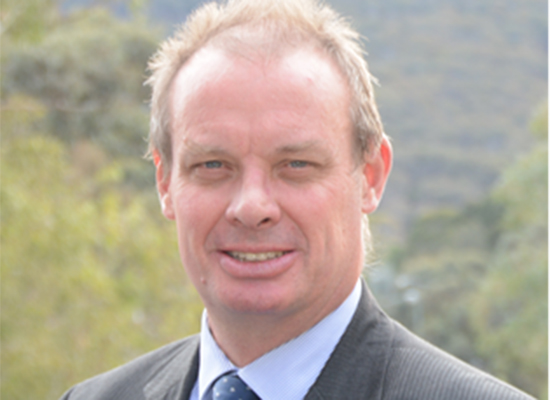
David Brewster
Dr David Brewster is a Senior Research Fellow with the National Security College, Australian National University where he works on Indian Ocean and Indo Pacific maritime security. He also holds appointments as Fellow with the Royal Australian Navy Sea Power Centre and Distinguished Research Fellow with the Australia India Institute, University of Melbourne. He is a frequent speaker at international security conferences throughout the region and is as an Australian delegate to several major 1.5 Track security and defence dialogues. David is a frequent writer about security developments in the Indian Ocean and Indo Pacific for numerous publications. His books include India as an Asia Pacific power, about India’s strategic role in the Asia Pacific and India’s Ocean: the story of India’s bid for regional leadership which examines India’s strategic ambitions in the Indian Ocean. His latest edited volume is India and China at Sea: Competition for Naval Dominance in the Indian Ocean, which addresses Indian and Chinese perspectives about their roles in the Indian Ocean and their evolving naval strategies towards each other.
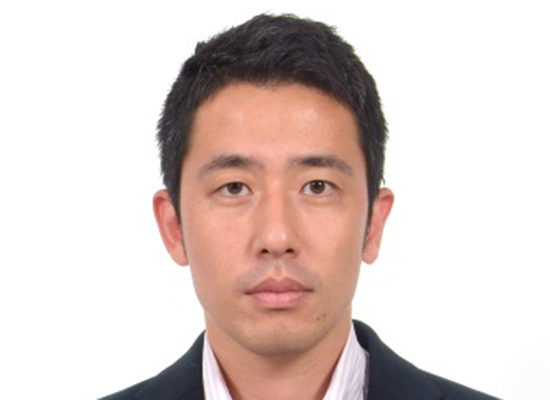
Tomohiko Satake
Tomohiko Satake is a Senior Research Fellow at the National Institute of Defense Studies in Japan and a Visiting Fellow at the Australia-Japan Research Centre at The Australian National University. His research interests and expertise are in alliance studies, Asia-Pacific Security, and Japanese defence and security policy. Dr Satake was previously the Deputy Director for International Security at the International Policy Division at the Defense Policy Bureau of the Ministry of Defense, Japan. He earned his BA and MA at Keio University, and PhD in International Relations at ANU.
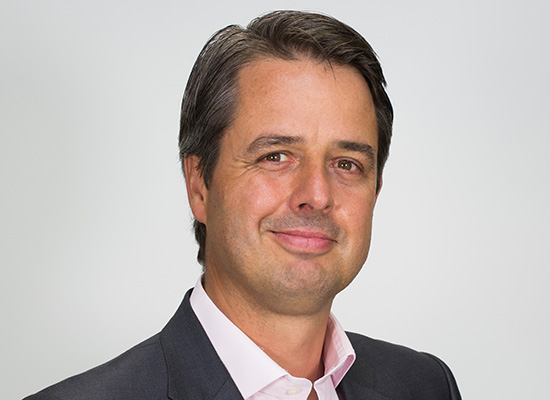
Martijn Blanken
Martijn Blanken is Senior Advisor to I Squared Capital and Senior Advisor to Boston Consulting Group. From 2014 to 2018 Martijn served as the Group Managing Director and Chief Customer Officer of Global Enterprise and Services (GES), a $6.5 billion Telstra business unit operating as a global scale, industry-based telecommunications services and solutions business. In this role, Martijn is responsible for Telstra’s relationship with and sales to multinational corporations and international carriers across Asia, EMEA and the Americas including 1,900 large business, enterprise and government customers in Australia. In 2015 Martijn played a key role in Telstra’s acquisition of Pacnet Ltd, an Asian headquartered provider of connectivity, managed services and data centres, and Globecast Australia, a leading provider of media services for broadcasters. Martijn has extensive experience across sales, product management, service delivery and service management and is also a member of the executive committee of Telstra Corporation.
Prior to this role, Martijn was Managing Director, Telstra Global, from October 2012. Before that he was the Chief Operating Officer, a position he was appointed to when he joined Telstra Global early 2011. When he initially joined Telstra in July 2009, Martijn held the role of Executive Director, Network & Application Services. In this capacity he managed a strategic repositioning program to drive growth in the managed services market. Prior to joining Telstra, Martijn was the General Manager and Vice President, Asia Pacific and Japan for Openwave Systems. He has also held several senior positions at KPN Royal Dutch Telecom, most recently as Senior Vice President and Managing Director of the Managed Services and Outsourcing Division, and held nonexecutive directorships for several KPN Royal Dutch Telecom joint ventures. Martijn holds a MBA from the University of Groningen (Netherlands).
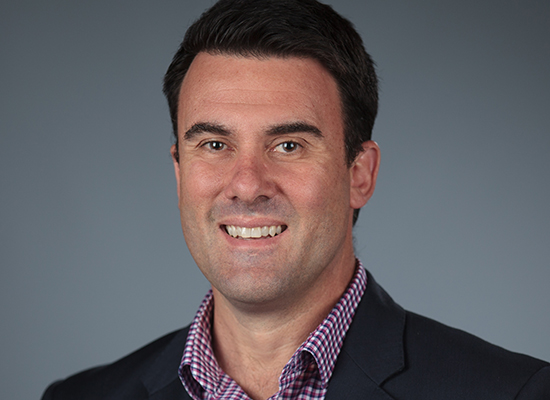
James Rosenwax
James Rosenwax is Managing Director, Buildings and Places, ANZ at AECOM and leads AECOM’s team helping cities overcome challenges and building better futures across Australia and New Zealand.. Graduating with a Bachelor’s Degree in Landscape Architecture from the University of New South Wales, James practiced as a landscape architect and environmental manager for eleven years at PSB, before it joined AECOM in July 2006. He has completed his Masters studies in Environmental Management at Sydney’s Macquarie University. James’ background in landscape architecture, environmental management and business leadership gives him a unique point of view when providing strategic advice and direction on multidisciplinary urban development, city shaping infrastructure and public realm projects, at local and international scales. When required James draws on the diverse skills across the company to help make cities better places in which to live, do business and coexist with nature. James’ philosophy is rooted in his desire to reframe the questions arising when solving the most complex challenges faced by our urban metropolises. Efficient transport, equitable access to essential infrastructure, governance and collaboration, resilience, place and connectivity are his current focus areas when optimising urban environments.
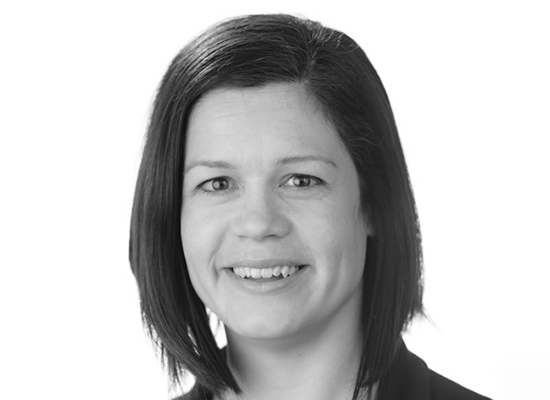
Jacqueline Nelson
Dr Jacqueline Nelson is a Senior Research officer and previously a Chancellors Postdoctoral Fellow at the University of Technology Sydney. She is interested in how racism manifests and exploring how we can respond to racism, both as individuals and by challenging cultures and practices that reproduce racism and inequality. Her areas of interest include racism in families, local or place-based responses to racism and denial of racism.

Yasmin Poole
Yasmin Poole is an award-winning speaker, board director and youth advocate. She is Plan International’s National Ambassador and champions the importance of young women being heard in Australia’s political conversations. She has also appeared on prominent television programs such as Q+A, The Drum and The Project.
Yasmin is the Non-Executive Board Director of OzHarvest, Australia’s leading food rescue charity and YWCA, a national feminist organisation that has supported women and girls for 140 years. Yasmin’s other advocacy work includes being the former Chair of the Victorian Government’s Youth Congress, representing over 1 million Australians, and speaking at forums like APEC and the G20.
In 2019, Yasmin was the youngest member of the Australian Financial Review 100 Women of Influence and Top 40 Under 40 Most Influential Asian Australians. In 2021 she was named The Martin Luther King Jr Center’s Youth Influencer of the Year and became the youngest ever inductee into the Victorian Honour Roll of Women.
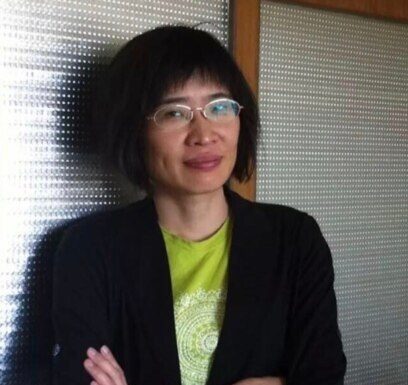
Lü Pin
Lü Pin is a Chinese feminist activist and columnist. She has been involved in organising and advocating for women’s rights in China since the late 1990s. She founded Feminist Voice, China’s first and most influential independent feminist media. She is currently a PhD student majoring in Women and Politics at Rutgers University, the US.
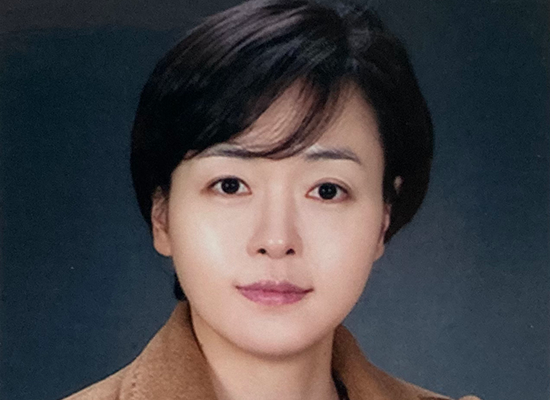
Yeomi Choi
Yeomi Choi, PhD, is an assistant professor in the Department of Kinesiology and Physical Education at the University of Lethbridge.
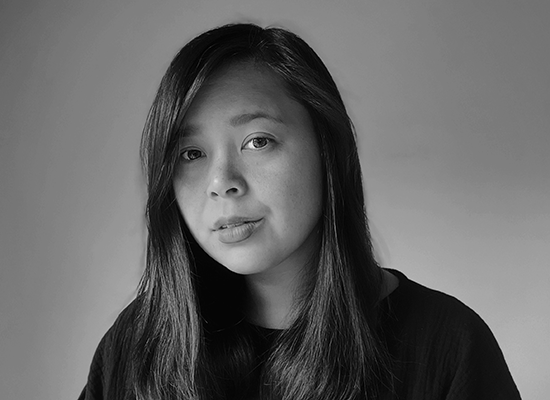
Leah Jing McIntosh
Leah Jing McIntosh is a critic and researcher, and the founding editor of Liminal magazine.
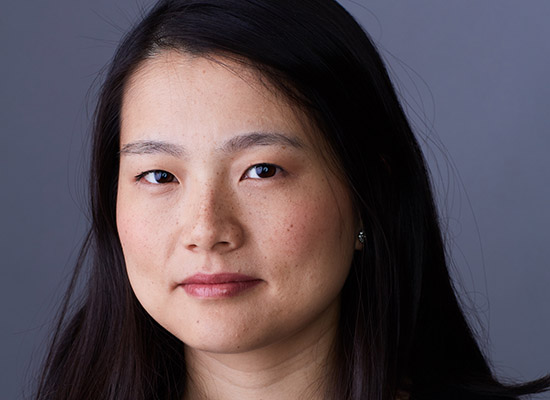
Yaqui Wang
Yaqiu Wang is a senior China researcher at Human Rights Watch.
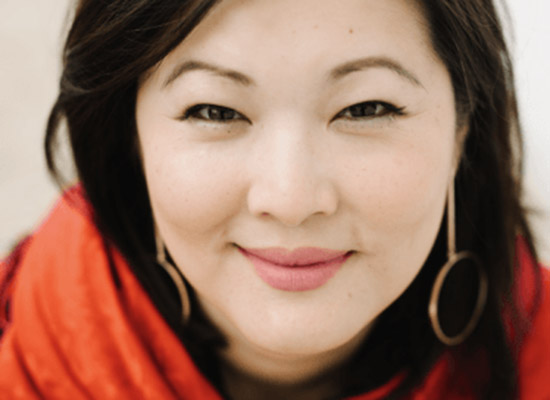
Mei Fong
Mei Fong is chief communications officer at Human Rights Watch.
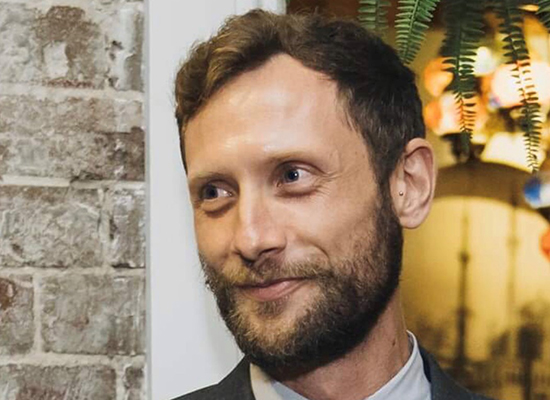
Matt Withers
Matt Withers is a lecturer within the School of Sociology at the Australian National University.
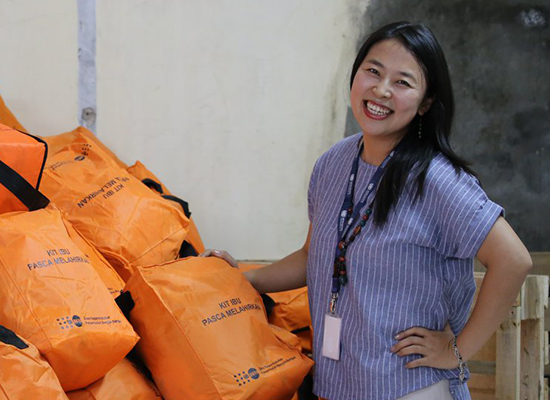
Stella Jang
Stella Jang was a 2021 Korea Foundation Postdoctoral Research Fellow at the University of Sydney.
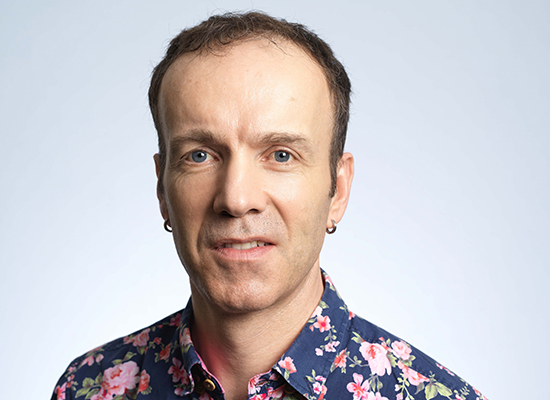
Associate Professor Michael Flood
Michael Flood is an Associate Professor in Sociology at the Queensland University of Technology and an internationally recognised researcher on violence against women, violence prevention, and men, masculinities, and gender.
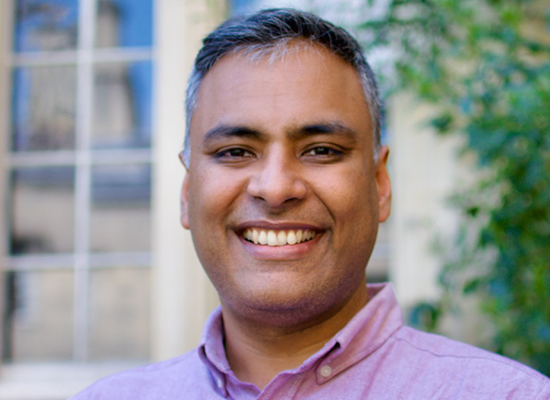
Dr Alankaar Sharma
Alankaar Sharma is a Senior Lecturer in Social Work at Australian Catholic University in Sydney. His research and teaching are inspired by social justice, feminism, and critical social work.
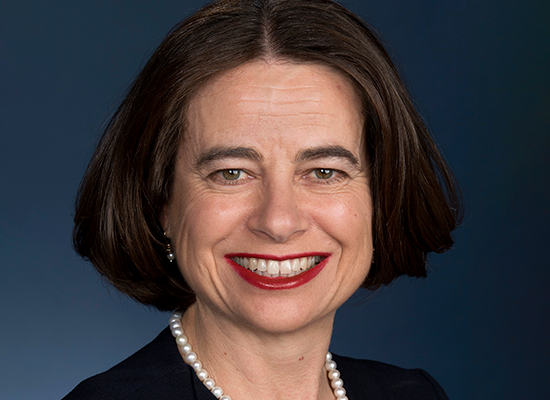
Robyn Mudie
Robyn Mudie is First Assistant Secretary in the Southeast Asia Regional Division, Department of Foreign Affairs and Trade, and former Ambassador to Vietnam Australia’s former ambassador to Vietnam. She was most recently the founding Executive Director of the Diplomatic Academy. She has previously served overseas as Australian High Commissioner to Sri Lanka and Maldives; Deputy Permanent Representative to the United Nations (Geneva); First Secretary, UN Permanent Mission, New York; and Second Secretary, Hanoi. In Canberra Ms Mudie has served as Assistant Secretary, Public Diplomacy Branch; Assistant Secretary, Information Resources Branch; and Director, Strategic Policy Section.
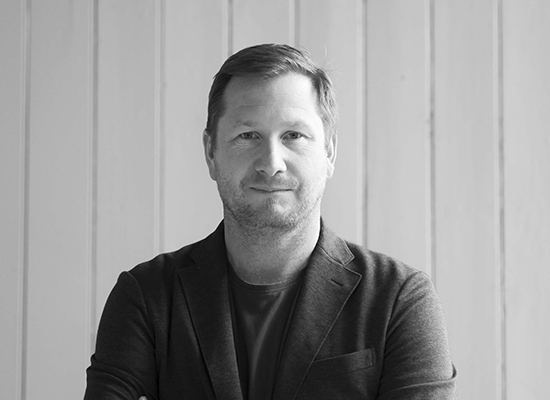
Dallas Rogers
Dr Dallas Rogers is a Senior Lecturer in the Faculty of Architecture, Design and Planning at the University of Sydney. His research investigates housing poverty and wealth in global cities, foreign investment and changing Asia-Australia economic, technology and cultural relations. Dallas is an Editor-in-Chief of the International Journal of Housing Policy. He served as the Associate Dean of Student Life and Program Director of the Master of Urbanism in the School of Architecture, Design and Planning at the University of Sydney. He was a convener of the Institute of Australian Geographers Urban Studies Group. He is the author of two books, The Geopolitics of Real Estate: Reconfiguring Property, Capital and Rights and Housing In 21st Century Australia: People, Practices And Policies.
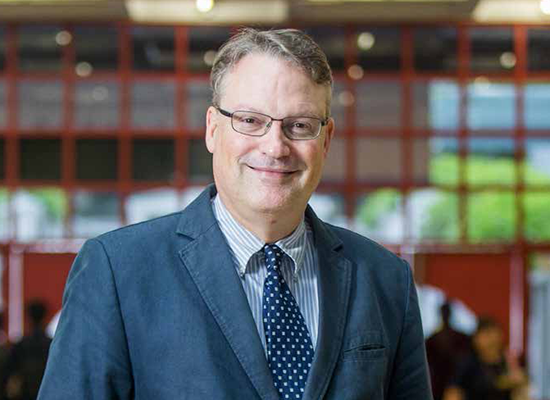
Mark R Thompson
Prof. Mark R. Thompson, City University of Hong Kong, was president of the Hong Kong Political Science Association (2018-2020) and of the Asian Political and International Studies Association (2013-14).
He was Lee Kong Chian Distinguished Fellow for Southeast Asian Studies at the National University of Singapore and Stanford University, and lecturer/senior lecturer at the University of Glasgow and professor at the University of Erlangen-Nuremberg. He has held a number of visiting positions, including at Keio University, the University for Peace, De la Salle University, and Thammasat University.
He is the author or editor of 10 books and over 150 articles and book chapters, his recent publications include Governance and Democracy in the Asia-Pacific (co-editor, Routledge 2020), China’s “Singapore Model” and Authoritarian Learning (co-editor, Routledge 2020), Authoritarian Modernism in East Asia (Palgrave 2019), Routledge Handbook of the Contemporary Philippines (co-editor, 2018), and Dynasties and Female Political Leaders in Asia: Gender, Power and Pedigree (co-editor, LIT Verlag, 2013).
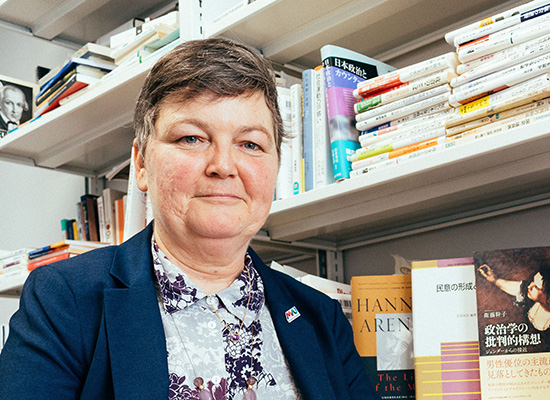
Dr Donna Weeks
Dr Donna Weeks joined Musashino University’ Faculty of Law in Tokyo in 2016 as Professor in Political Science, where she teaches Japanese politics, political philosophy and security, in Japanese language. Her research is focussed on the international implications of Japan’s domestic politics, diversity in the Japanese parliament, political participation and the politics and history of Japan’s relationship with Australia.
In 2018, she joined the university’s senior executive as Director of International Relations, and from April 2019 until March 2022, Chair of the Department of Political Science. Prior to returning to Japan in 2016, she held teaching and research positions in Queensland universities as well as past positions in the Australia-Japan Foundation and the Australian Senate.
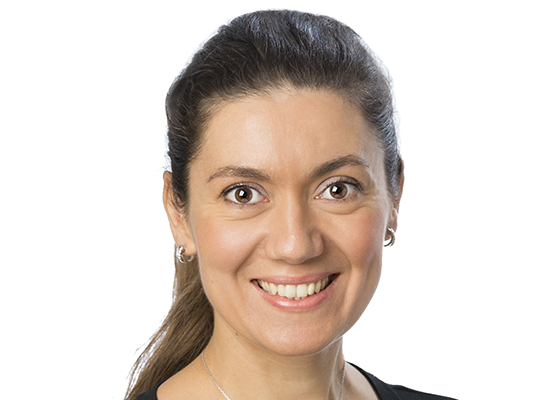
Nasrine Ghozali
Nasrine Ghozali is chief risk officer at Oasis Management. She re-joined Oasis as Chief Risk Officer & Member of the Strategies Group in February 2016 and is based in Hong Kong. She was previously a Convertible Bonds Strategist and Equity Derivatives Trader for Oasis between January 2006 and March 2010. Prior to re-joining Oasis, Ms. Ghozali co-founded Silver Tree, an Asia-focused event driven hedge fund, in June 2010, and served as Principal Portfolio Manager and Responsible Officer until January 2016. Prior to joining Oasis, she was Co-Head of Convertible Bond Arbitrage at Natexis Arbitrage, Group Banques Populaires in Paris from August 2001 to December 2005. Before that, she was a Convertible Bond Trader with BNP Paribas Arbitrage in Paris between August 2000 and August 2001. Ms. Ghozali received a Master of International Finance & Economics, a Master of Economics majoring in Bank Finance Insurance, and a Bachelor of Economics majoring in Applied Economics from University Paris IX-Dauphine.
Ms. Ghozali co-founded the Board Diversity Hong Kong Investors’ Initiative, which aims to improve gender diversity on boards of Hong Kong-listed companies. She is a member of the steering committee of the 30% Club Hong Kong Chapter and of the investor group of the 30% Club Japan Chapter, and an advisory board for Women in Finance Awards Asia.

Aarthi Sridhar
Aarthi Sridhar is an Associate at McKinsey’s Singapore office with experience in strategy and business building in healthcare, energy and public sectors across different geographies in SE Asia.

Asilah Azil
Asilah Azil is an Associate Partner in McKinsey’s Singapore Office. She is part of the Financial Services Practice – focusing on sustainability – with significant experience serving regional and global institutions across North America as well as Asia. Since joining the firm in 2013, she has developed a strong expertise in strategic growth, enterprise agility and sustainability topics for financial institutions. She has also helped to move the needle around empowering diverse talent in the workplace as a Lead for Diversity & Inclusion in ASO particularly focused on driving initiatives which improves advancement/retention rates of women in organizations.
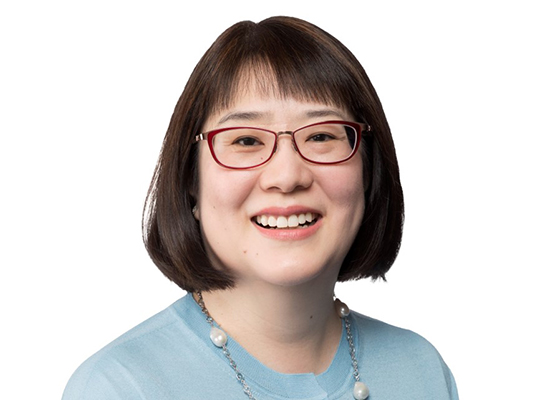
Diaan-Yi Lin
Diaan-Yi Lin is a Senior Partner at McKinsey & Company and currently leads the Social, Healthcare and Public Entities (SHaPE) Practice across Asia. She previously led McKinsey’s Singapore office, and its Principal investing and Infrastructure Practices in Asia. She helps direct the Firm’s work with government entities, government-linked companies, and sovereign wealth funds across Asia.
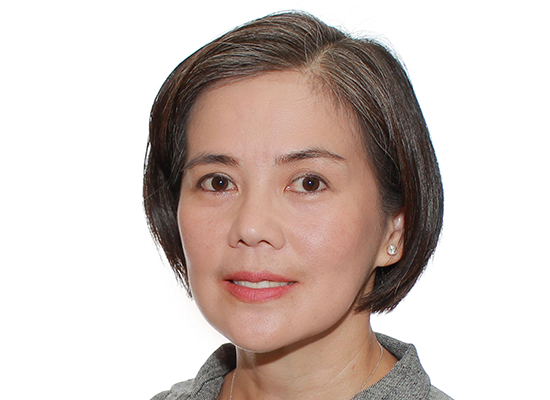
Rowena Reyes
Rowena Reyes is a Director at Sweef Capital, a Singapore-headquartered women’s led investment firm. She has over 18 years of experience in investment banking and corporate development across Southeast Asia. She previously worked for KPMG Singapore in Corporate Finance and Strategic Initiatives Group.
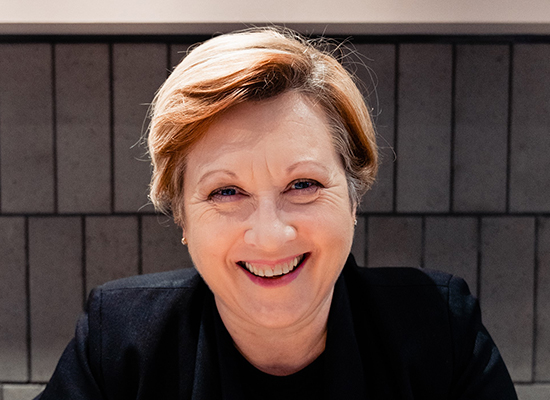
Rosemary Addis AM
Rosemary Addis AM chairs Sweef Capital’s Board of Advisors and has a global portfolio of board and advisory roles, including Global Ambassador Global Steering Group for Impact Investment and Founding Chair Impact Investing Australia. She has 30-year track record in senior leadership roles across sectors and advised UNDP, the OECD and World Economic Forum on impact and driving capital to the SDGs.
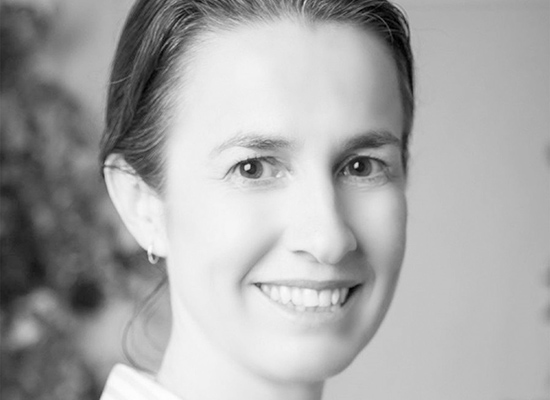
Jennifer Buckley
Jennifer Buckley is the founder and managing director of Sweef Capital, a Singapore-headquartered women’s led investment firm. She has spent 20 years in private equity leadership roles focused on growing mid-sized businesses across Europe and Asia, including as Head of GE Capital’s EMEA private equity business and as CIO of its Asian operations. During her career, she has worked at Goldman Sachs International and Private Advisors in London and at Fletcher Challenge in Auckland.
Samantha Hung
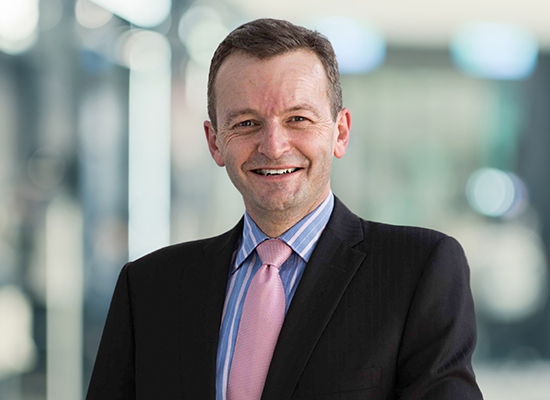
Stuart Fuller
Stuart Fuller is Global Head of Legal Services for KPMG and is also its Asia Pacific Regional Leader for Legal Services. In those roles, he leads a team of more than 2,400 legal professionals across 78 jurisdictions in KPMG’s global legal network. Prior to joining KPMG in March 2018, Stuart was the inaugural Global Managing Partner of King & Wood Mallesons, based in Hong Kong. Stuart has close connections to financial institutions, non-bank lenders, investment banks, regulators, government departments and government itself. His experience as a leader of global legal organisations also allows him to bring insights into business and industry trends, with a focus on cross-border investment and trade policy and the global capital markets, and his perspectives on the opportunities and challenges for business and people in both the developed, developing and emerging markets, and across their cultures. Stuart is also an acknowledged leader in Australia-Asian relationships and is the Chair of Asia Society Australia Board.
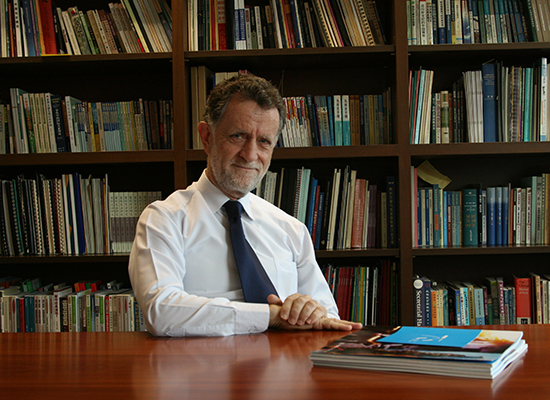
John Fitzgerald
John Fitzgerald is Emeritus Professor in the Centre for Social Impact at Swinburne University of Technology in Melbourne, and immediate Past President of the Australian Academy of the Humanities based in Canberra. From 2008 to 2013 he was China Representative of the Ford Foundation in Beijing, overseeing the foundation’s China operations. His books include Big White Lie: Chinese Australians in White Australia (UNSW 2007; awarded the Ernest Scott Prize of the Australian Historical Association in 2008), and Awakening China (Stanford 1997; awarded the Joseph Levenson Prize of the US Association for Asian Studies).
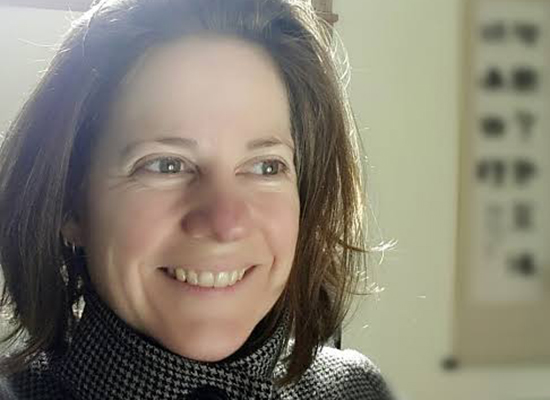
Fran Martin
Associate Professor Fran Martin is a Senior Lecturer in Cultural Studies at the University of Melbourne and an Australian Research Council Future Fellow. She is currently completing a five-year ethnographic study of Chinese university students’ social and subjective experiences of studying in Australia with a focus on the gendered aspects of their educational ventures. Prior to her current work on international student mobility, her best-known research focused on transnational Chinese youth and media cultures. She has published widely on television, film, literature, Internet culture and other forms of cultural production in the contemporary transnational Chinese cultural sphere, with a specialisation in representations and cultures of gender and sexuality. Her next book, under contract to Duke University Press, is entitled Dreams of Flight: Mobility and Gendered Subjectivity Among China’s Student Transmigrants.

James Bowen
James Bowen is a Research Fellow at the Perth USAsia Centre and was most recently a Visiting Academic Research Fellow at the Mercator Institute for China Studies in Berlin. His ongoing research is concerned with geo-economic interactions in the Indo-Pacific region, with a heavy focus on energy and climate-related matters. James has undertaken research on behalf of institutions including the Australian Strategic Policy Institute, Future Directions International and Tokyo’s Centre for Rule-making Strategies. His analysis has been published by the South China Morning Post, ChinaFile, World Politics Review, the Diplomat, the National Interest and many others. He has provided expert commentary to Agence France-Presse, ABC Radio National and other media. James previously worked at the International Peace Institute in New York City, where he edited the Global Observatory publication and researched countering violent extremism issues. He has consulted for political risk firms and served as a speechwriter on energy and resources issues for the Australian and Western Australian governments. James holds a Masters in International Relations from Griffith University.
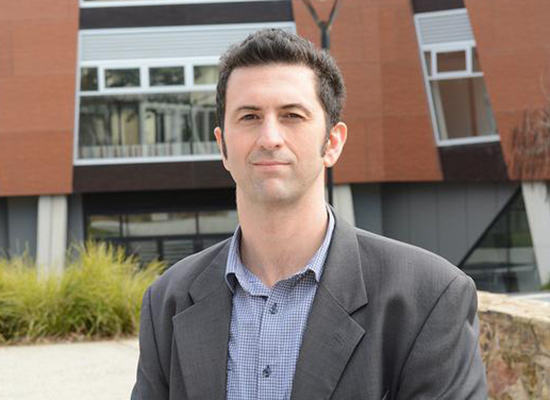
Michael Clarke
Dr Michael Clarke is Associate Professor at the National Security College, Crawford School of Public Policy, ANU. He is an internationally recognised expert on the history and politics of the Xinjiang Uyghur Autonomous Region, People’s Republic of China (PRC), Chinese foreign policy in Central Asia, Central Asian geopolitics, and nuclear proliferation and non-proliferation. He has generated numerous academic publications across these fields of research including one sole authored book, one co-authored book, five edited books, thirty-four peer reviewed journal articles, and fourteen book chapters. He also regularly provides expert media commentary on Uyghur/Xinjiang and Chinese foreign policy-related issues to national and international media and has published commentary with Foreign Policy, The Wall Street Journal, The National Interest, CNN, BBC News, South China Morning Post, and The Diplomat amongst others.
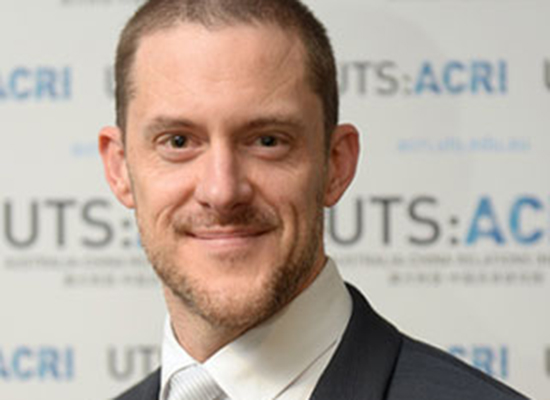
James Laurenceson
Professor James Laurenceson is an economist and Director of the Australia-China Relations Institute (ACRI) at the University of Technology Sydney (UTS). His academic research has focused on macroeconomic aspects of China’s economy, including financial reform, business cycle fluctuations and productivity growth, as well as issues related to the Australia-China economic relationship. These contributions have been published in leading scholarly journals including China Economic Review and China Economic Journal. From 2012-2014 he was President of the Chinese Economics Society of Australia. He also provides frequent analysis of contemporary developments in these areas and in the broader Australia-China bilateral relationship, including in the pages of the Australian Financial Review and online in specialist blogs such as Australian Outlook. In 2018, he was the author of a major report into the facts and evidence underpinning claims appearing in Australian media about China and Australia-China relations titled “Do the claims stack up? Australia talks China”.
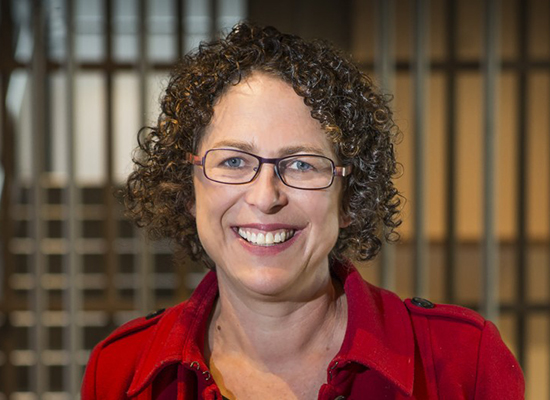
Jane Golley
Professor Jane Golley is an economist and Director of the Australian Centre on China in the World (CIW) at the Australian National University (ANU). Her research over several decades has covered a wide range of Chinese transition and development issues, including industrial agglomeration and regional policy; demographic change and economic growth; rural-urban and gender inequalities in education and income; Socialism with Chinese characteristics; and the Belt and Road Initiative. Jane is actively engaged in public policy and media debate regarding the Australia-China relationship. She is a co-editor of the China Story Yearbook series, including Power, published in 2019. Jane is the President of the Chinese Studies Association of Australia, and an Executive Member of the Australia-China Business Council (ACT).
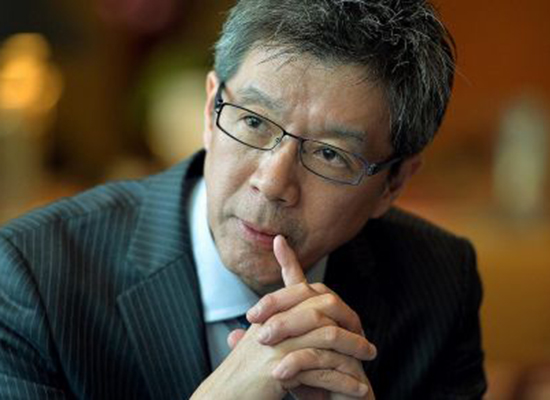
Say Boon Lim
Say Boon Lim is an Australian-based consultant, advisor and non-executive director to companies in Asia. He has previously been the Finance Editor of the Herald-Sun, Melbourne; Chief Investment Strategist (Group Wealth Management) for Standard Chartered Bank; and Chief Investment Officer for DBS Bank.
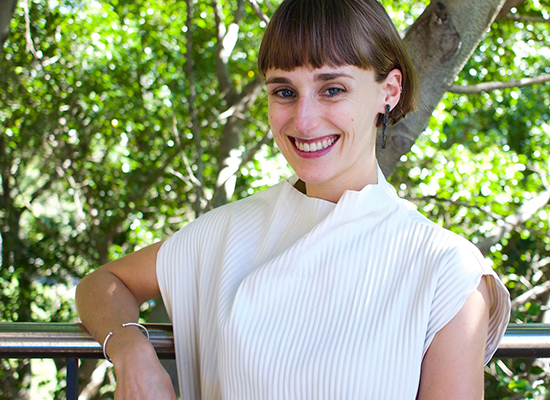
Julia Bergin
Julia Bergin is a researcher and writer for award-winning podcast on China, The Little Red Podcast. She is also working on a research collaboration with the International Federation of Journalists investigating the global outlook and local impact of China’s approaches to media workers and organisations. Julia recently concluded her position as Communications and Content Officer for Asia Society Australia where she collaboratively built and launched the podcast series “Festival of Democracy” covering the elections in India and Indonesia. She has written extensively, publishing articles with The Guardian Long Reads, The Japan Times, Australian Outlook and The Australian. She also has her own business, Disjunctures, under which she writes and practices as a professional artist and photographer. Julia graduated from the University of Melbourne in 2018 with a Bachelor of Arts, majoring in Politics/International Relations and Criminology.
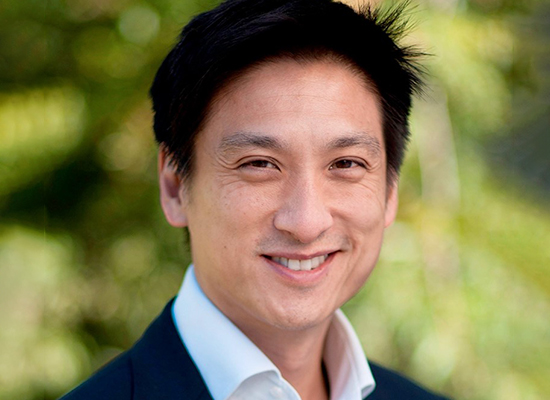
Jason Yat-sen Li
Jason is Chairman of investment group Vantage Asia and Managing Director of corporate advisory firm YSA. YSA specialises in complex cross-border, China-related mergers & acquisitions and capital raising mandates. Jason is a Fellow of the University of Sydney Senate (non-executive Director), the Sydney Committee for the Australian Chamber Orchestra, a Young Global Leader of the World Economic Forum and a member of the World Economic Forum’s Global Agenda Council on China. He was previously a non-executive director of the George Institute for Global Health, Vice Chair of the Australia-China Chamber of Commerce, a Director of the Sydney Institute, and a Governing Member of the Smith Family. Jason completed an Arts-Law degree at the University of Sydney and a Masters of Law at New York University, where he was Australia’s Hauser Global Scholar. He was formerly Head of China Strategy for Insurance Australia Group and Head of Sales & Marketing for IAG’s China operations.
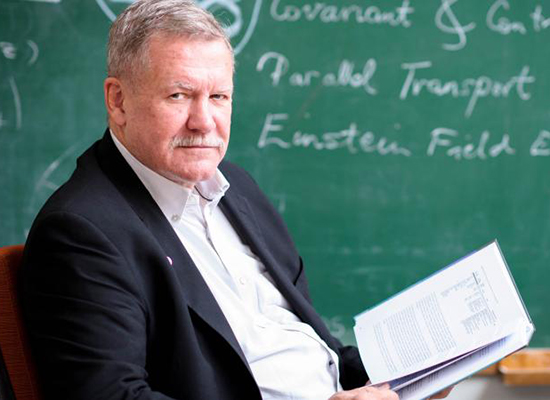
Greg Austin
Greg Austin is a Professor at the University of New South Wales (Canberra). He is an internationally recognised research scholar specialising in aspects of cyber space affairs. He concurrently serves as Senior Fellow at the International Institute for Strategic Studies, where he leads the program on Cyber, Space and Future Conflict. He is a member of the Advisory Board of the Global Foundation for Cyber Studies and Research and a member of the National Standing Committee on Digital Trade. He is co-founder of the Social Cyber Institute. He set up Australia’s first Master’s degree in Cyber Security, Strategy and Diplomacy; and he teaches four subjects in this degree. He is a member of the Cyber Security Advisory Council for the New South Wales government. He has published two books on cyber policy on China and five other books on Asian security affairs (four are on China).
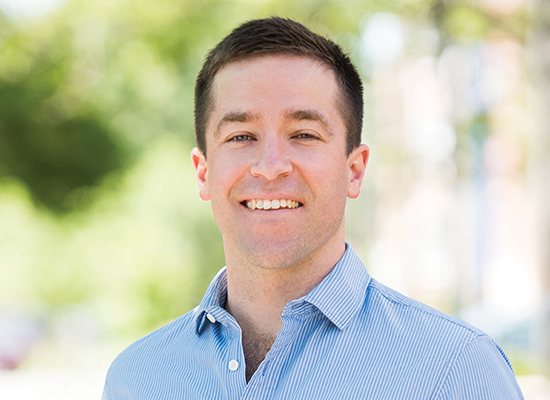
Neil Thomas
Neil Thomas is a Research Associate at MacroPolo, the in-house think tank of the Paulson Institute in Chicago, where he works on Chinese politics, US-China relations, and international political economy. His research for MacroPolo has been featured by publishers such as The Economist, The Wall Street Journal, The Los Angeles Times, Axios China, The Browser, Sky News, and the Sinocism China Newsletter. Neil previously worked for the Australian National University, both as a Morrison Scholar at the Australian Centre on China in the World and as a Research Project Officer at the Crawford School of Public Policy. He also spent time at the Carnegie-Tsinghua Center, Danwei Media, and The Texas Tribune, and has written for publications including The Washington Post, Foreign Policy, The Hill, Los Angeles Review of Books (China Channel), East Asia Forum Quarterly, and the International Journal of Public Policy. Neil holds a Masters of Public Policy from the John F. Kennedy School of Government at Harvard University, where he was an IGA Student Fellow at the Belfer Center for Science and International Affairs, and a Bachelor of Arts in economics and political science from the University of Western Australia, where he was a UWA Fogarty Scholar.
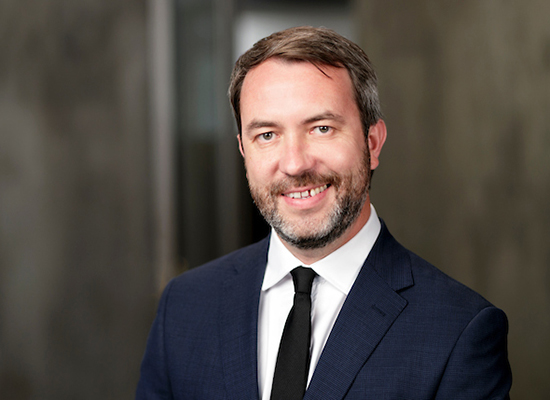
Philipp Ivanov
Philipp Ivanov is Chief Executive Officer of Asia Society Australia. He is a China specialist with extensive experience in policy, education and research. Previously, he served as a policy officer and manager of the Australia-China Council at the Australian Government’s Department of Foreign Affairs and Trade where he was one of the principal authors of the Australia in the Asian Century White Paper – China Country Strategy. Philipp was also Acting Director and Deputy Director of the Research Institute for Asia and the Pacific at the University of Sydney, advised the University of Sydney on their China strategy and managed La Trobe University’s partnerships in the Gulf States, Vietnam and Thailand. Philipp spent over 6 years in China working in education and development and also studied in Jilin and Liaoning Normal universities. He has a Bachelor (Honours) degree in Chinese language and history from the Far Eastern National University in Russia. He holds a Master of Educational Leadership and Management from RMIT University in Australia. He grew up in Vladivostok on Russia’s Pacific coast and is a fluent Chinese and Russian speaker.
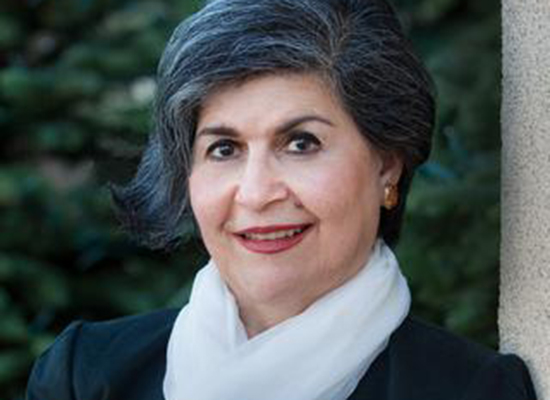
Dr Jaleh Daie
Dr Jaleh Daie is Chairman and Founder of AgFoodTech, Partner of Aurora Equity and Board Director, Asia Society Northern California. Women in Tech Hall of Famer, Jaleh is a multifaceted global thought leader and speaker with exceptional depth and breadth of experience in private and public sectors. She is an investor, strategic advisor and board director, has served administrations of three Presidents, worked in eight countries, given numerous global keynotes, and has been featured in major media. Jaleh started her career at Rutgers University and University of Wisconsin-Madison, where she was professor (achieved rank of full professor in six years); senior science adviser; Department Chair; Chief Executive of a multidisciplinary unit; founder of a university-wide graduate program; and author of over 100 scholarly papers. Simultaneous to a well-funded research program, she managed three independent operations.
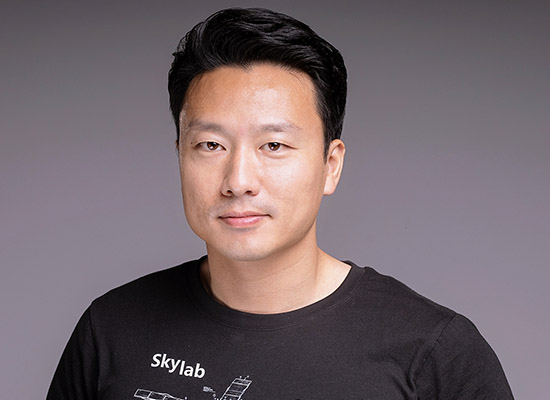
Justin Gong
Justin Gong is co-founder of XAG. XAG is a leading agriculture drone manufacturer and agriculture technology company providing smart solutions for both scaled farms and small holders. Being a pioneer in design, R&D, manufacturing and operation of agriculture UASs, robots, IoT system, AI and farm management, during the last 5 years, Justin and his team has successfully introduced UAS plant protection services to 7 million farmers, served more than 25 million hectares of farmland worldwide. In 2016, Justin founded XAG Academy, which is now educating more than 60,000 young agriculture professionals to embrace new technologies and sustainable farming concept. In August 2018, Justin was recognised in the Forbes China “30 Under 30” for his contribution in the field of agriculture.
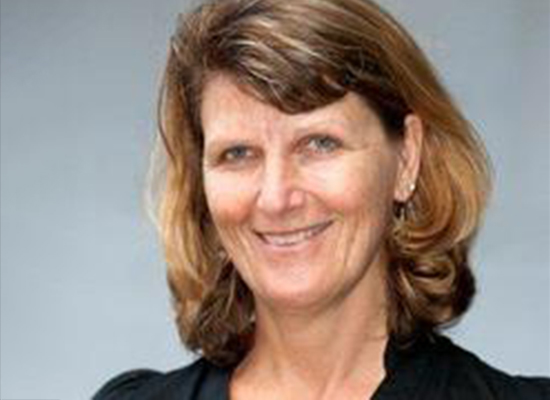
Dr Lynette Molyneaux
Dr Lynette Molyneaux is the Advance Queensland Fellow at the University of Queensland. Lynette’s research focuses on the resilience of energy systems, climate and energy policy. Currently, she is an Advance Queensland Research Fellow, working with the Queensland Departments of Environment and Science, and Natural Resources Mines and Energy. Her fellowship seeks to understand the sensitivity of the Queensland economy to an energy shock, and develop contingency plans to prepare for a global energy transition. Previously Lynette conducted research with the Global Change Institute including investigating the feasibility of using Galilee Basin coal for energy poverty reduction in India and being the researcher for the Global Change Institute’s Competitive Power Paper series. Prior to her work with the Global Change Institute Lynette researched alternative systems for carbon abatement with particular emphasis on incentives for investment in abatement technologies. Before her academic pursuits, Lynette worked for many years in the Information Technology sector in a variety of roles including financial analysis, product management, relationship management, and financial management.
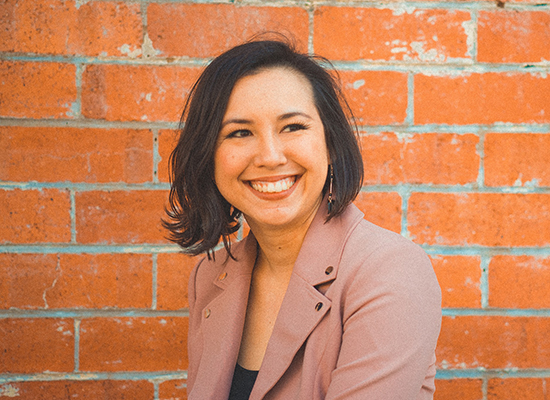
Sophia Hamblin Wang
Sophia Hamblin Wang is the Chief Operations Officer of Mineral Carbonation International and one of the few female executives leading the international development of carbon capture and utilisation. Driven by a passion for sustainability, the environment and technology, her portfolio career illustrates her commitment to circular innovation. Her leadership in Australian-led climate solutions continues to attract national and international attention, including her recent participation at the World Economic Forum in Davos. Sophia’s current roles include: Chief Operating Officer of Mineral Carbonation International; team leader global health database Health Horizon; Canberra Ambassador for OzHarvest; member of the ACT Climate Change Council and the curator of the Canberra chapter of the Global Shapers Community (a WEF initiative).
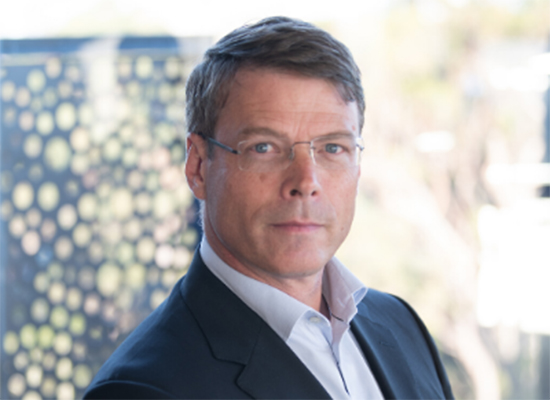
Patrick Suckling
Patrick Suckling is Senior Fellow, Asia Society Policy Institute and Senior Partner at Pollination, a specialist climate advisory and investment firm. He has over twenty-five years foreign, trade and investment, development and climate policy experience. He led international policy and engagement for two Prime Ministers as head of International Division, Department of Prime Minister and Cabinet and served as an Adviser to Foreign Minister Downer. He has been Australia’s High Commissioner to India, served at the Australian Embassy in Washington working on the Australia-US Alliance and been Australia’s Senior Official for APEC. He has led Australia’s consular support for Australians overseas, media and parliamentary engagement for the Foreign Affairs and Trade portfolio, and overseen comprehensive incoming government briefing for two Foreign Ministers and Australia’s Trade Minister. Patrick was most recently Australia’s Ambassador for the Environment, leading on Paris Agreement negotiations, strategy for Australia’s $1 billion climate finance commitment and bilateral cooperation on climate change with key countries such as China, India, Indonesia, Japan, Germany, France and the United Kingdom. This included chairing the influential Umbrella Group of developed countries – including the United States, Russia, Japan and Canada – in UNFCCC negotiations for four years.
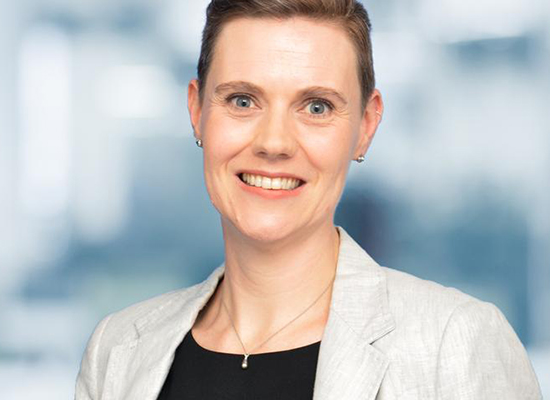
Merriden Varrall
Dr Merriden Varrall is Director of the Australia Geopolitics Hub at KPMG Australia. She draws together a holistic range of geopolitical services and solutions to provide clients with the support they need to navigate the rapidly changing global business landscape. Before joining KPMG, Merriden was Director of the East Asia Program at the Lowy Institute where her work concentrated on developing an understanding of East Asia ‘from the inside out’, and analysing the Australia-China bilateral relationship. Prior to that she was Assistant Country Director and Senior Policy Advisor at UNDP China. She has spent almost 8 years living and working in China, including working for the United Nations (ILO and UNDP), lecturing in foreign policy at the China Foreign Affairs University, and conducting fieldwork for her doctoral research.
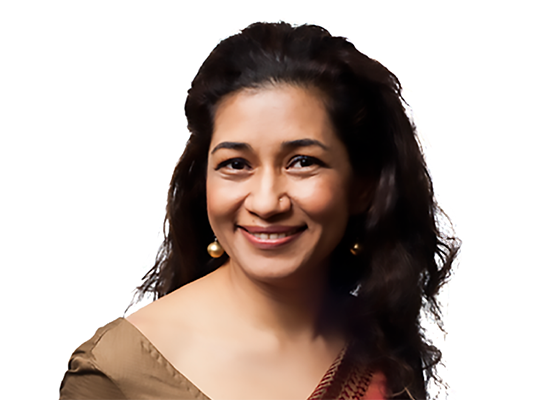
Durreen Shahnaz
Durreen Shahnaz is the Founder and CEO of Impact Investment Exchange (IIX) and IIX Foundation which connect the Back Streets of underserved communities to the Wall Streets of the world™ by changing financial systems and innovating solutions for women empowerment, climate action, and community resilience. IIX is the home of the world’s first social stock exchange and the world’s largest crowdfunding platforms for impact investing, Impact Partners. IIX is also a leader in impact assessment methodology (now digitized via IIX Values), and created the world’s first innovative finance instruments listed on a stock exchange and reporting both social and financial returns, the Women’s Livelihood Bond™ Series (winner of the 2019 UN Global Climate Action Award and 2019 P4G State-of-the-Art Partnerships Award). To date, IIX has unlocked over $200 million of private sector capital, impacted over 80 million lives and has received numerous awards including the Oslo Business for Peace Award, the ‘Nobel Prize for Business’. Shahnaz holds a BA from Smith College and a joint degree – an MBA from the Wharton School at the University of Pennsylvania and a MA from the School for Advanced International Studies at John Hopkins University.
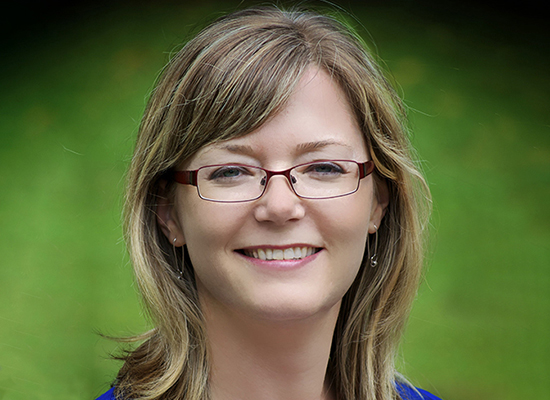
Megan Argyriou
Meg Argyriou is the Head of International Programs at ClimateWorks Australia. Meg leads ClimateWorks’ international work programs, with a focus on Southeast Asia and the Pacific Islands. She designed and leads the organisation’s new agenda-setting program, ‘Pathways to Prosperity: Achieving lowest emissions development and the SDGs’ and has published a number of articles and an issues paper focused on the nexus between climate mitigation and sustainable development. Previously, Meg led ClimateWorks’ Engagement Team, where she provided strategic oversight for ClimateWorks’ stakeholder management, and led the organisation’s communication strategies to advance progress on climate change and catalyse tangible action by business and government. Prior to joining ClimateWorks, Meg worked in government, managing funding programs focused on capacity building. She has also worked for the International Energy Agency, supporting working parties focused on energy efficiency, renewables and clean technology transfer.
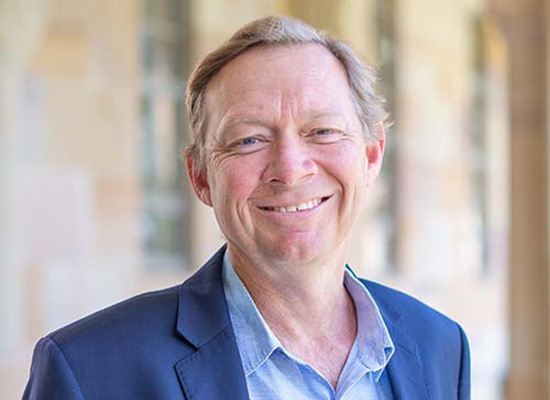
Professor Andrew Griffiths
Professor Andrew Griffiths is Executive Dean of The University of Queensland’s Faculty of Business, Economics and Law. As Executive Dean, Professor Griffiths reports to the Vice-Chancellor and oversees academic and administrative matters in the Faculty’s schools of business, economics and law. Prior to his appointment as Executive Dean in December 2016, Professor Griffiths was Dean of the UQ Business School – a world leader in business and management learning, teaching and research – from 2012 to 2016.
He is an internationally recognised scholar and maintains an active research program, examining how organisations deal with the impacts of climate change, and how executives and employees can transform organisations to better manage sustainability issues. During his career, he has published more than 100 academic articles, books, book chapters and conference papers on a range of topics relating to corporate sustainability strategy and climate change. Professor Griffiths chairs the Library Board of Queensland. He is a board member of the Queensland Futures Institute, and is a member of the Council of Governors for the American Chamber of Commerce.
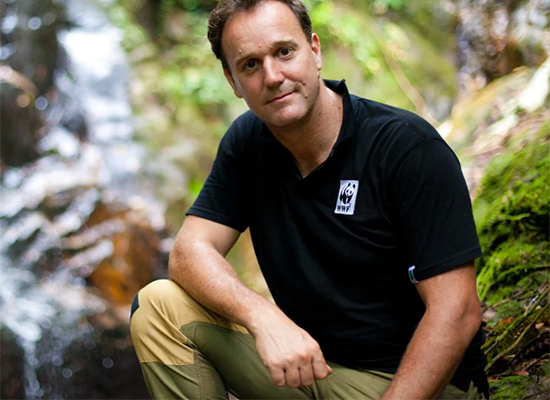
Dermot O'Gorman
Dermot O’Gorman is the CEO of WWF-Australia. Dermot has been a global leader in sustainable development for over two decades including as the Director of WWF’s Pacific Program, CEO of WWF China and now CEO of WWF-Australia. His approach takes a unique combination of on-the-ground field projects, strategic partnerships with business, and powerful advocacy campaigns focused around people and planet. Dermot has driven innovation thinking within WWF, especially on digital technologies, overseeing the establishment of WWF Panda Labs and WWFs first global joint venture, OpenSC of which he Chairs. Dermot is also a Non-executive Director of ACFID (Australian Council for International Development) and has an MBA from IMD, a MSc from LSE and degrees from University of London and Southern Cross University.
Michelle Kohler
Dr Michelle Kohler is Senior Lecturer in Languages Education and Indonesian at Flinders University and Senior Research Fellow at UniSA Justice & Society. Michelle is an applied linguist and experienced language teacher and teacher educator who conducts research related to languages policy and planning, intercultural language teaching and learning, curriculum and assessment, and Indonesian language education. She has had major involvement in various nationally significant projects in languages education, including as the Coordinating Writer of the Australian Curriculum: Indonesian and lead author of the national report The State of Indonesian Language Education in Australian Schools. She is Secretary of the Applied Linguistics Association of Australia.
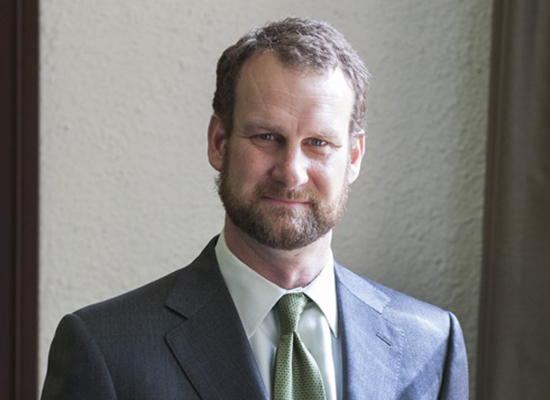
Kent Anderson
Professor Kent Anderson is Senior Advisor for Higher Education to Minister for Education. He served as Interim Deputy Vice Chancellor (Academic) and Strategic Advisor to the Vice Chancellor at the University of Newcastle and as Deputy Vice-Chancellor (Community and Engagement) at the University of Western Australia (UWA). He is an international lawyer who specialises in comparing Asian legal systems.
He has an eclectic background, having completed tertiary studies in US, Japan, and the UK in Law, Politics, Economics and Asian Studies. He also worked as a marketing manager with a US regional airline in Alaska and as a commercial lawyer in Hawaii. Before joining UWA, Kent was Pro Vice Chancellor (International) at University of Adelaide and before that Dean of the then Faculty of Asian Studies at the Australian National University. He started his academic career as associate professor at Hokkaido University Law School in Japan. Kent has served on the National Library of Australia Council, Ministerial Council for International Education, New Colombo Plan Advisory Board, Board of Canberra Grammar School, and a variety of academic and community boards, including President of The Asian Studies Association of Australia.
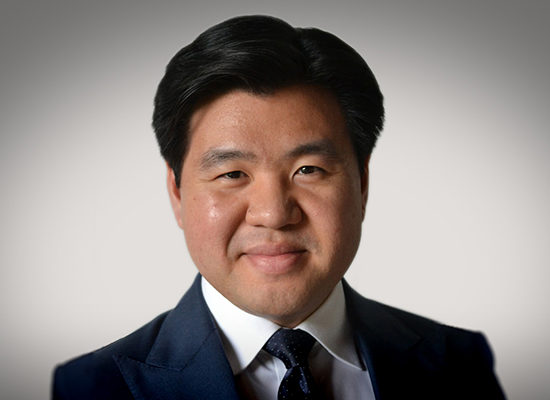
Tim Soutphommasane
Dr Tim Soutphommasane is Director, Culture Strategy & Professor of Practice (Sociology and Political Theory) at University of Sydney. He served as Race Discrimination Commissioner from 2013 to 2018. Prior to joining the Australian Human Rights Commission, Tim was a political philosopher and held posts at The University of Sydney and Monash University. His thinking on multiculturalism, patriotism and national identity have been influential in shaping debates in Australia and Britain. Tim is the author of five books: On Hate (2019), I’m Not Racist But … (2015), The Virtuous Citizen (2012), Don’t Go Back To Where You Came From (2012), and Reclaiming Patriotism (2009). He was co-editor (with Nick Dyrenfurth) of All That’s Left (2010). He has been an opinion columnist with The Age and The Weekend Australian newspapers, and presented the documentary series Mongrel Nation on ABC Radio National (2013). Tim is an adjunct professor at the School of Social Sciences and Psychology, Western Sydney University and chairs the Leadership Council on Cultural Diversity.
Born in France and raised in southwest Sydney, Tim holds a Doctor of Philosophy and Master of Philosophy (with Distinction) from the University of Oxford, and is a first-class honours graduate of The University of Sydney.
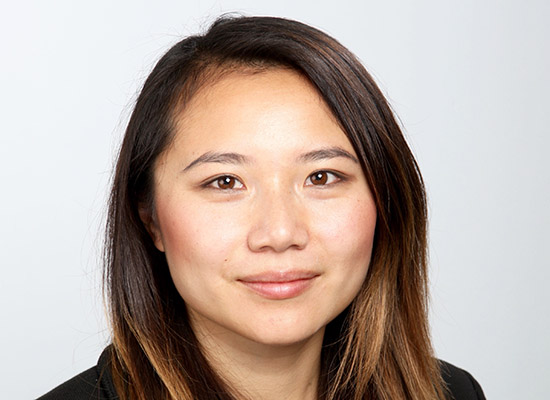
Katie Calvey
Katie Calvey is an Australian public policy specialist who has dedicated most of her decade-long career on developing government reforms which have been instrumental in driving social change and positive outcomes. Her experience includes providing strategic advice on complex and diverse issues ranging from education policy, social justice to legal reform.
Katie has advised and worked for a number of high performing organisations including the Office of the Australian Prime Minister, NSW Education Standards Authority and the Royal Commission into Institutional Responses for Child Sexual Abuse. At the Royal Commission, Katie contributed to researching and writing its two volume Interim Report which detailed its work since establishment of investigating institutional child sexual abuse in Australia. As a result of the Interim Report, the Royal Commission successfully persuaded the Australian Government to agree to extend its duration and funding to continue its work of public importance.
As the daughter of Vietnamese refugees who migrated to Australia in the 1980s, Katie is personally devoted to promoting issues concerning equal opportunity and social justice in society. Since 2015, Katie has been involved in diversity and inclusion advocacy with DAWN through leading initiatives like the Asian Australian Leadership Conversations.
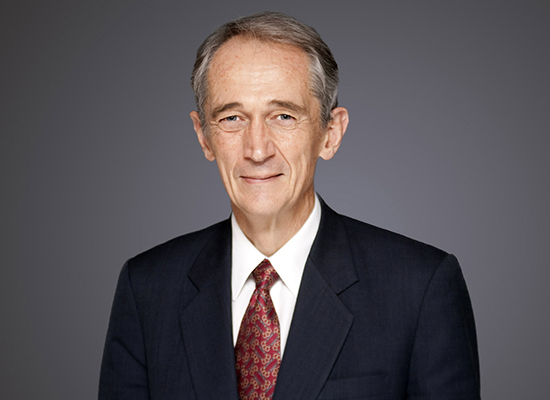
John Endicott
John Endicott is a specialist in planning and design of underground structures. He is an AECOM Fellow in recognition of his lifetime of experience. He was a Scholar at St Catharine’s College and stayed on at Cambridge to complete a PhD in 1971. He is now a Fellow Commoner at the college. He is also an Adjunct Professor at University of Hong Kong and at Hong Kong University of Science and Technology. He has been based in Hong Kong since 1975 and built up a specialist practice in ground engineering with up to 500 staff. His current area of responsibility extends from the Middle East to Australia. He served on the Council of the Hong Kong Institution of Engineers and as a Member of the Hong Kong Town Planning Board. He has also served on the International Panel of Experts to the Urban Redevelopment Authority as a specialist in development of occupiable underground space.
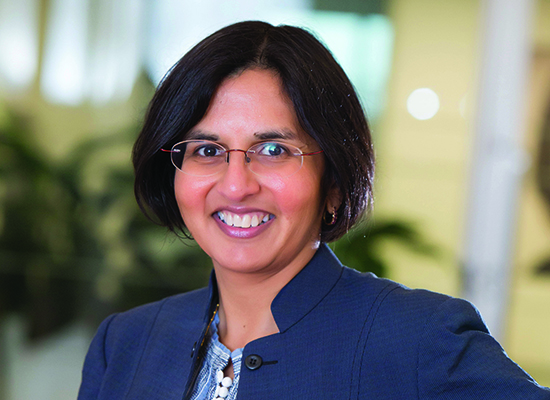
Anushka Patel
Anushka Patel is a Professor of Medicine at UNSW and a cardiologist at Royal Prince Alfred Hospital in Sydney, Australia. She undertook her medical training at the University of Queensland, with subsequent postgraduate research degrees from Harvard University and the University of Sydney. As the Chief Scientist of the George Institute for Global Health she had a key role in developing and supporting global strategic initiatives across the organisation. Her personal research interests focus on developing innovative solutions for delivering affordable and effective cardiovascular care in the community and in acute care hospital settings. Anushka leads research projects relating to these interests in Australia, China and India. She is supported by a Senior Research Fellowship from the Australian National Health and Medical Research Council.
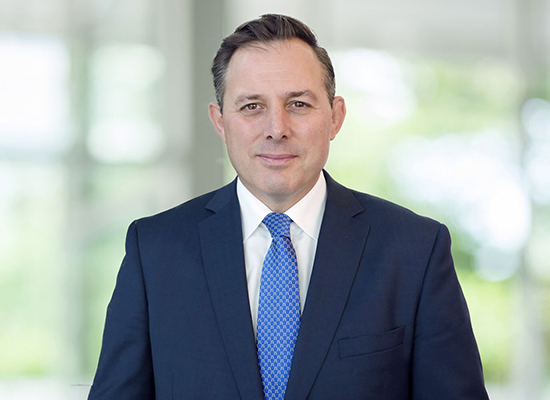
Doug Ferguson
Doug Ferguson is Chairman, NSW and Head of Asia and International Markets at KPMG. Doug has positioned himself as a bridge between Australia and other countries for major investment and trade advisory projects. Doug’s extensive regional knowledge – and conversational Mandarin Chinese – is built on a decade of living and working in greater China as a Transactions and Restructuring specialist between 2001-2011. He is a Reference Group member and Business Champion of the New Colombo Plan, an Adjunct Professor at University of Sydney and served as Chairman of Asia Society Australia from 2015 to 2020.
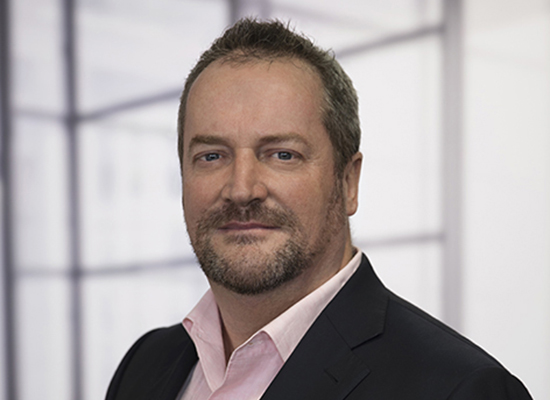
David Burns
David Burns has three decades of experience in the telecommunications and technology sectors, having held a variety of strategic roles with IBM across Australia, the Asia Pacific region, North America and the United Kingdom, before joining Telstra in 2012.
David is currently Group Executive, Telstra Enterprise and served as Group Executive, Telstra Global Business Services Group. Prior to this role, David was responsible for Telstra’s International Business for the last 18 months, based in Singapore as well as the NAS (Network & Application Services) business since joining the company. David remains a board member of Telstra’s Joint Ventures in Asia, namely PBS in China, and telkomtelstra in Indonesia.
Just prior to joining Telstra, David was General Manager, IBM Global Technology Services (GTS). Based in London, he was responsible for IBM’s IT services and outsourcing sales and delivery functions for the United Kingdom and Ireland. He has also held a number of industry facing roles at IBM covering the financial services, utilities and government sectors, having also lived in Tokyo and New York. David began his career as a marketing representative at IBM in Adelaide.
He holds a Bachelor of Business, Marketing and Entrepreneurship from the South Australian Institute of Technology now the University of South Australia. He also a member of the Telstra Super board of directors.
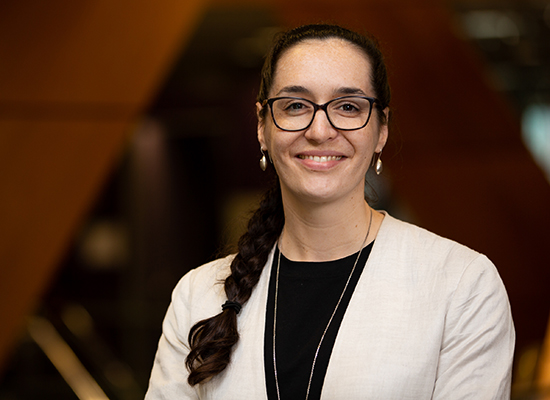
Melissa Crouch
Dr Melissa Crouch is Associate Professor at the Law Faculty of the University of New South Wales in Sydney and Associate Dean Research of UNSW Law School. Her research contributes to the field of Asian Legal Studies, with a focus on Comparative Constitutional Law; Law and Development; and Law and Religion. She is Chief Investigator on an ARC Discovery Grant on Constitutional Change in Authoritarian Regimes (2018-2020). Melissa is the author of Law and Religion in Indonesia: Conflict and the Courts in West Java (Routledge, 2014). She is the editor of several volumes including Islam and the State in Myanmar: Muslim-Buddhist Relations and the Politics of Belonging (OUP 2016), and The Business of Transition: Law, Development and Economics in Myanmar (CUP 2017). Melissa leads the UNSW Law South-East Asia engagement strategy, and is the Myanmar Academic Lead for the UNSW Institute for Global Development.
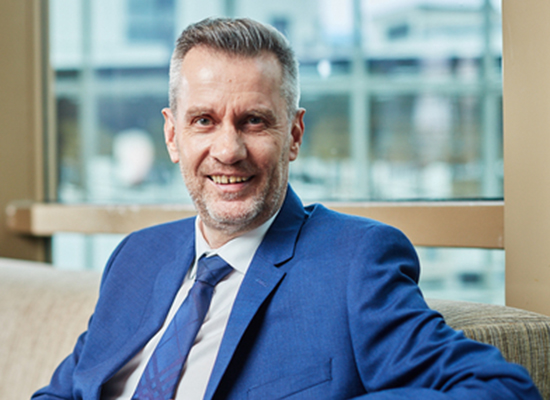
Peter Osborne
Peter Osborne is Chairman, Asia Pacific at Seed Health. Peter is a former Australian trade diplomat with extensive experience in business development, sales and marketing, trade development, and export and investment facilitation and promotion.
He was previously Managing Director, Asia at Blackmores, responsible for Blackmores’ Asia business, including subsidiary companies in Singapore, Thailand, Malaysia, Taiwan, Hong Kong, Korea, China and Japan; joint venture Kalbe Blackmores Nutrition in Indonesia; distribution partnerships in Vietnam, Cambodia, Kazakhstan, Mongolia, Iran and Pakistan; and overall strategy for Blackmores’ growth objectives in Asia. Prior to joining Blackmores in 2009, Peter was one of Australia’s most senior trade diplomats working with the Australian Trade Commission in China, Taiwan, and Hong Kong. He also spent several years in Fiji as the Trade and Investment Director of the South Pacific Forum Secretariat and served as Expert Adviser to the UN Conference on Trade and Development and the UN Commission for Sustainable Development.
Peter has lived and worked in Asia for nearly 30 years and speaks Mandarin-Chinese. He is a graduate of the Australian Institute of Company Directors, a Fellow of the Hong Kong Institute of Directors, and the first foreigner to be appointed as Honorary Vice Chairman of the China Association for Quality Inspection (CAQI) in Beijing.

Geoff Raby
Dr Geoff Raby was Australia’s Ambassador to China from 2007 to 2011. After 27 years in the public service, he established the advisory firm Geoff Raby and Associates in 2011. Geoff was the Deputy Secretary in the Department of Foreign Affairs and Trade (DFAT) from 2002 to 2006. He has held a number of senior positions in DFAT, including First Assistant Secretary, International Organisations and Legal Division (2001-2002), Ambassador and Permanent Representative to the World Trade Organisation, Geneva (1998-2001), First Assistant Secretary, Trade Negotiations Division (1995-1998), and APEC Ambassador (2002-2004). He was head of the Trade Policy Issues Division in the OECD in Paris during 1993-95.
Geoff also holds a number of nonexecutive, independent director positions with ASXlisted companies. In China, Dr. Raby serves as CoChair of Corrs Chambers Westgarth’s China practice. He is also a member of the non-for-profit Advance Global Advisory Board; University of Sydney’s China Studies Centre Advisory Board; La Trobe University Asia Advisory Board; and the Foundation of the National Gallery of Victoria. Geoff used to serve as independent director in Fortescue Metal Group.
In recognition of his contributions to advancing relations between Australia and China, Geoff was made Friendship Ambassador to Shandong Province and an Honorary Citizen of Chengdu City. Geoff is a Member of the Australian Institute of Company Directors and the Asia Society. He holds an Honours Degree in Economics, a Masters in Economics and a PhD from La Trobe University. In 2015, he was part of the consultative committee for the draft of Australia’s National Strategy for International Education.
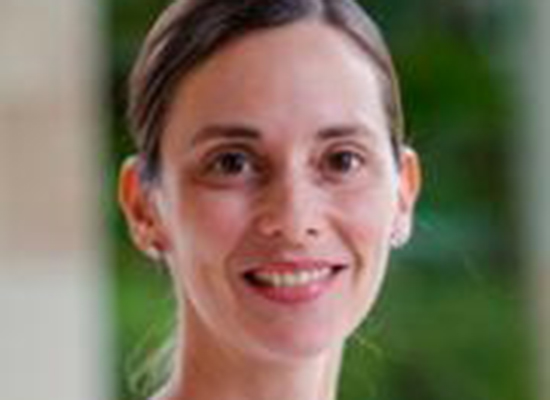
Dr Belinda Wade
Dr Belinda Wade is a Lecturer in Sustainability and Strategy within the University of Queensland Business School and a leader of the school’s research hub the Business Sustainability Initiative. Belinda teaches courses on Corporate Sustainability, Strategies for Sustainability and Innovation and is leading a team to develop on-line executive education in climate change risk. Belinda maintains an active research presence examining organisational adaptation to sustainability issues and transitions to climate change. Recent research has highlighted decarbonising actions taken within contrasting Australian industry sectors, capabilities which can promote greater adaptation to market changes, and, the potential for circular principles to be applied to water management. Belinda’s research is driven by industry problems and she actively publishes results in industry reports and popular media to extend her research reach. In addition to academic publications Belinda is a regular columnist on sustainability issues publishing in Entrepreneur Magazine, Smart Company and The UK Newspaper, and was recently featured in ABC Radio National’s Future Tense program. Prior to entering academia Belinda worked within major energy providers, in a mix of commercial analytical, trading and managerial roles in both traditional energy and environmental product markets. Belinda currently sits on the steering committee of Future Earth Australia.
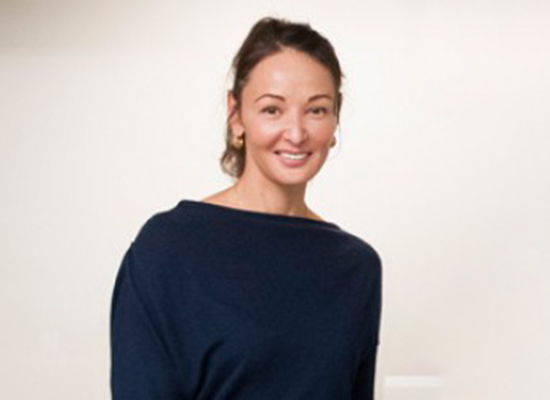
Kathleen Turner
Kathleen is a senior business executive at Newcrest Mining based in Melbourne. She leads the company’s global Social Performance and Human Rights Assurance Program and provides strategic oversight and advice to exploration, project and operations teams.
Kathleen is former National Vice-President of the Australia Indonesia Business Council (AIBC) 2017-2018, and former State Chair of the AIBC in Queensland 2012-2017. In 2016 Kathleen was awarded the Australian Institute of International Affairs (AIIA) Award in Queensland as a leading advocate and educator of the bilateral relationship between Australia and Indonesia. She was selected by Diversity Council of Australia (DCA) to be part of an advisory board in the development of DCA’s Leading in the Asian Century research report which was released in September 2015. She was also selected as a key stakeholder at the Red Meat Advisory Forum hosted by the Meat and Livestock Australia (MLA) in 2015, and was engaged by Trade & Investment Queensland (TIQ) for the development of their Asia Strategy in 2016. Further, she has been interviewed by Asia Options, SBS, Country Life Australia, Kompas, and The Jakarta Post for her perspective on the Australia Indonesia relationship.
Kathleen has served on the national board of the Griffith Asia Institute (GAI), and as an Independent Director on the national board of the United Nations Association of Australia (UNAA). In 2014, Kathleen graduated from the Asialink Asia Leaders Program, and in 2015 she completed the Australia Institute of Company Directors (AICD) Directors Course.
Kathleen has a PhD in Politics and International Studies from Murdoch University, has published widely in international journals such as Harvard Asia Quarterly and Asian Ethnicity on Islam, nationalism and ethnic conflict, and has published a book on religious and ethnic conflict in Eastern Indonesia. Kathleen has worked and lived in Indonesia for many years and is fluent in Indonesian.
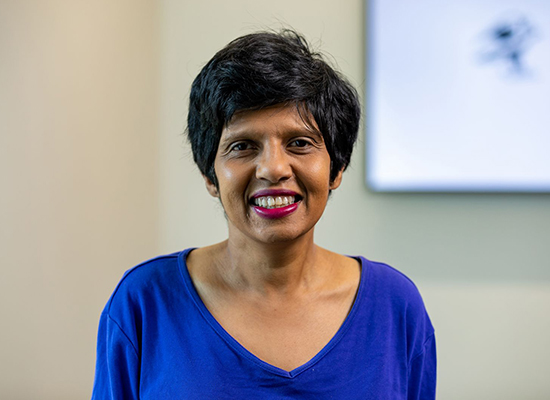
Savitri Taylor
Savitri Taylor, LLB (Hons) (Melb), BComm (Melb), PhD (Melb) is an Associate Professor in the Law School at La Trobe University. Her primary area of research interest is refugee law and asylum policy at the national, regional and international level. Details of her publications and research projects can be found at https://scholars.latrobe.edu.au/ display/staylor. Dr. Taylor is also a member of the Management Committee of the Refugee and Immigration Legal Centre Inc. in Victoria.
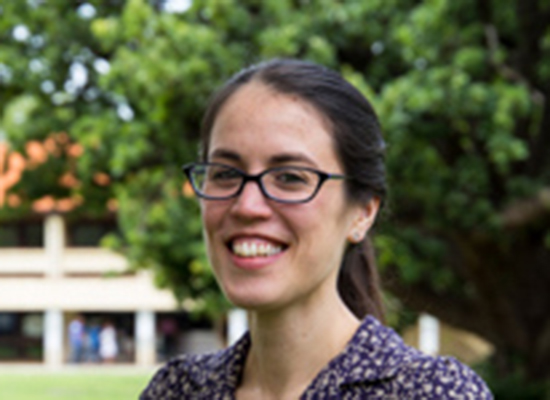
Kelly Gerard
Kelly Gerard is an Australia Research Council Discovery Early Career Research Fellow and Senior Lecturer in the School of Social Sciences at the University of Western Australia. Her research focuses on the political economy of development policymaking in South-East Asia. She is the author of ASEAN’s Engagement of Civil Society: Regulating Dissent (Palgrave 2014) and co-editor of the Palgrave series, Studies in the Political Economy of Public Policy.
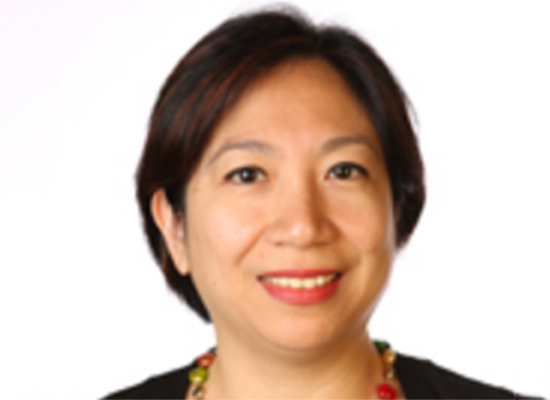
Sandra Seno-Alday
Dr Sandra Seno-Alday is Director of the Dalyell Program at the University of Sydney Business School and a member of the Sydney Southeast Asia Centre (SSEAC). Her research interests are in international business networks, and entrepreneurial and organisational risk and performance in the Asia-Pacific region. For more than ten years, she was a management consultant in strategic international business development and organisation development in South-East Asia. She is the President of the Society for Risk Analysis Australia and New Zealand (SRA-ANZ), and a member of the Standards Australia OB7 committee on risk management.
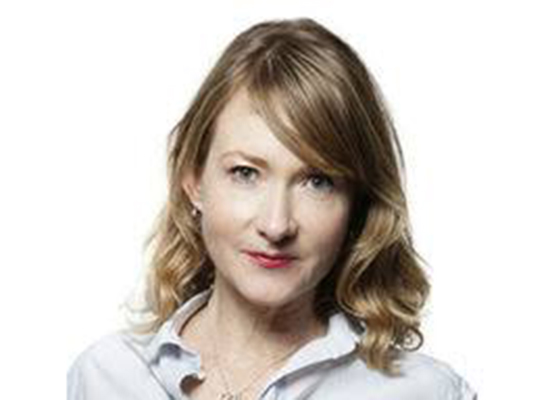
Helen Brown
Helen Brown’s focus is on improving the business relationship with Australia’s neighbours in Asia, particularly in South-East Asia. She stepped away from a life-long career in journalism, including 20 years at the ABC, to concentrate on bringing together her skills as a connector and communicator, and utilising her insight into a dynamic and complex nation and region. She spent four years on-the-ground in Indonesia as a multi-media correspondent, gaining inside views and contacts during coverage which included the 2014 Presidential election, trade disputes, multilateral political and financial summits and business developments. She travelled to many areas of the archipelago and saw first-hand how policy and economics affected people’s lives.
She serves as Communications and Outreach Lead at The Australia-Indonesia Centre, and helps business to navigate these complex areas to create mindful and successful long-term relationships as managing director of Bisnis Indonesia. She is also an accomplished writer, speaker and moderator on a range of topics including Indonesia, agribusiness, trade and innovation.
Helen was selected as an inaugural participant and panellist on the Lowy Institute’s dialogue for journalists from Australia and Indonesia in 2015. She served on the Jakarta Foreign Correspondents Club, co-founded a media discussion group in Indonesia, and on the Victorian Committee of the Australia Indonesia Business Council.
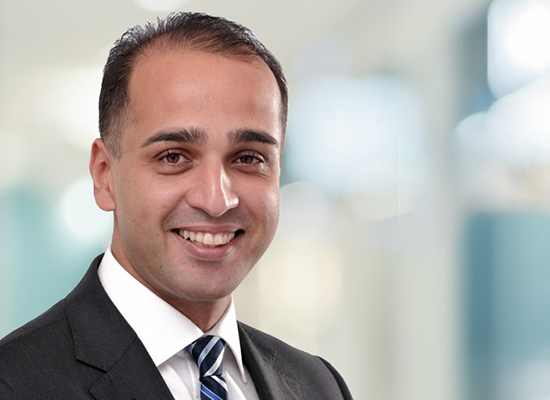
Shamim Razavi
Shamim Razavi is a partner of Norton Rose Fulbright Australia. Now based in Sydney, he spent eight years living and working in Indonesia. During this time, he helped foreign investors structure their Indonesian investments in a way that is compliant with both the letter and spirit of Indonesian law while safeguarding the investor’s vital interests. Shamim witnessed a maturation of both the Indonesian legal order and foreign investors’ appraisal of Indonesian opportunities. Being Jakarta based, Shamim also worked with the ASEAN institutions, especially as they gave shape to the ASEAN Economic Community.
His relocation to Sydney reflects the increasing importance of Asian work to the Australian economy and to Norton Rose Fulbright’s business – reflecting a belief that Australian business can no longer afford to ignore the vast markets and opportunities on its doorstep, but rather that we need to find a way to better parse Asia generally and ASEAN specifically. Shamim has three children, the youngest two being born in Jakarta and – for this reason as well as many others – Indonesia is very close to his heart.
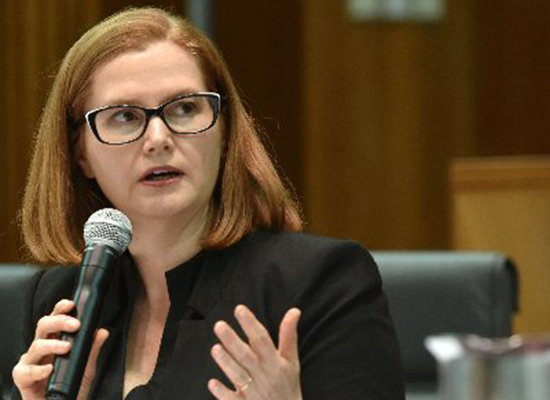
Louise Mcgrath
Louise McGrath is Head of Industry Development and Policy at the Australian Industry Group. Prior to joining The Ai Group in 2000, Louise worked in wholesale foreign exchange and insurance. Since joining Ai Group she has managed a number of trade related projects including trade missions, both incoming and outgoing, business matching and the development and delivery of export related training programs.
She has had extensive experience in providing advice to manufacturing companies on export related planning and international marketing, government support programs and other trade related issues. She represents Australian industry in several multilateral forums, such as the Global Business Coalition and the B20 Taskforce on Digital Trade and various Free Trade Agreement Industry working groups, including the East Asia Business Council RCEP working group. She advocates for the interests of Ai Group members during free trade negotiations and translates those agreements to support the strategic aims of members.
Louise has studied a Bachelor of Arts (Arabic Language and Culture) at Deakin University and an Advanced Diploma in International Trade at RMIT. She has also studied Arabic at universities in Jordan and Egypt. The Ai Group is a peak industry association which along with its affiliates represents the interests of more than 60,000 businesses in an expanding range of sectors which employ more than one million people.
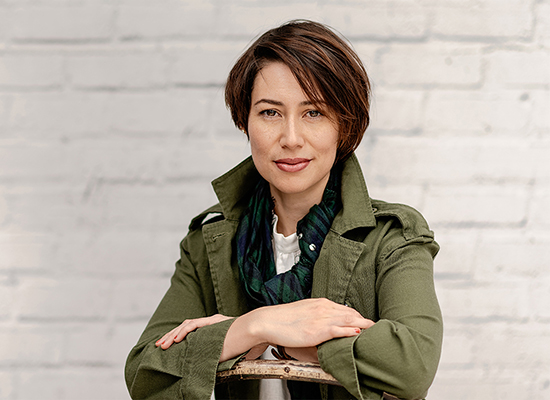
Natalie Sambhi
Natalie Sambhi is Executive Director at Verve Research and a Research Fellow at the Perth USAsia Centre where she publishes on Indonesian defence policy and South-East Asian security. She is also a PhD candidate at the Strategic and Defence Studies Centre, the Australian National University, focussing on Indonesian military history. From 2012 to 2016, she worked at the Australian Strategic Policy Institute (ASPI) as an Analyst and Managing Editor of ASPI’s blog, The Strategist. She has previously worked at the Department of Defence and University of Canberra.
She holds a Bachelor of Arts (Asian Studies) (Hons) from the University of Western Australia and a Master of Arts (International Relations) and Master of Diplomacy from the Australian National University. In January 2016 and in May 2014, Natalie was a Visiting Fellow at the Center for a New American Security (CNAS) in Washington, DC where she presented on Indonesian civil–military relations. Natalie has previously been involved with the Australian Institute of International Affairs ACT, having served on council; the US-based Center for International Maritime Security (CIMSEC) as a host of the podcast series Sea Control: Asia Pacific; and Bloggingheads.tv as a host for their international relations segment Foreign Entanglements. Her writing has appeared in Security Challenges journal, War On The Rocks, The Diplomat, The Interpreter and The National Interest.
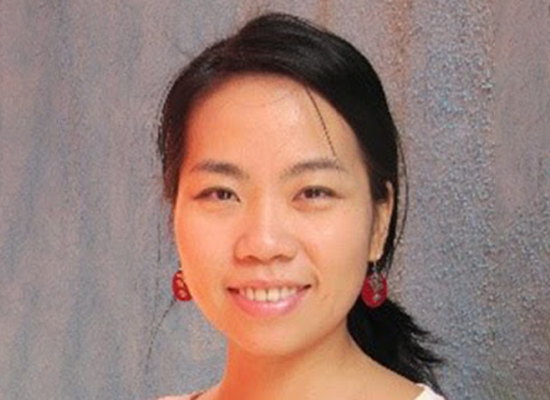
Huong Le Thu
Dr Huong Le Thu is a senior analyst at the Australian Strategic Policy Institute’s Defence and Strategy Program. Prior to joining ASPI she worked at the Coral Bell School of Asia Pacific Affairs (ANU), Institute of South-East Asian Studies (Singapore), and Institute of International Relations (Taiwan). Her research interests include multilateral security in Asia, foreign policy in post-socialist countries, as well as identity politics. She has held short-term research fellowships in Seoul (private think-tank), Kuala Lumpur (University of Malaya) and Jakarta (the ASEAN Secretariat). She is an alumna of the DKI Asia Pacific Center for Security Studies, Honolulu, and a recipient of the US State Department Fellowship for East Asian Security and IISS ShangriLa Dialogue South-East Asian Fellow.
Dr Le Thu’s academic publications have appeared in The Pacific Review, Asia-Europe Journal, Oxford University Press among others; her policy analyses have featured in The International Institute for Strategic Studies, Council on Foreign Relations, The Brookings Institution, Centre for Strategic and International Studies, East West Center, Royal United Services Institute, Nikkei Asian Review, South China Morning Post and The Sydney Morning Herald.

Greg Earl
Greg Earl is the Editor-in-Chief of Asia Society Australia’s Disruptive Asia series and Briefing Monthly. He was previously the deputy editor, opinion editor, national affairs editor and Asia Pacific editor of The Australian Financial Review. He writes a column on economic diplomacy for The Lowy Institute’s The Interpreter. He spent more than a decade as a reporter based in Jakarta, Tokyo and New York. Greg is a member of the Australia-ASEAN Council board, the Australian National University Indonesia Project advisory board and a former member of the Australia Japan Foundation board. He has participated in the Australia-Indonesia Dialogue in Yogyakarta, the ASEAN-Australia-New Zealand Dialogue in Kuala Lumpur, and the Australia-India Policy Forum in New Delhi.






